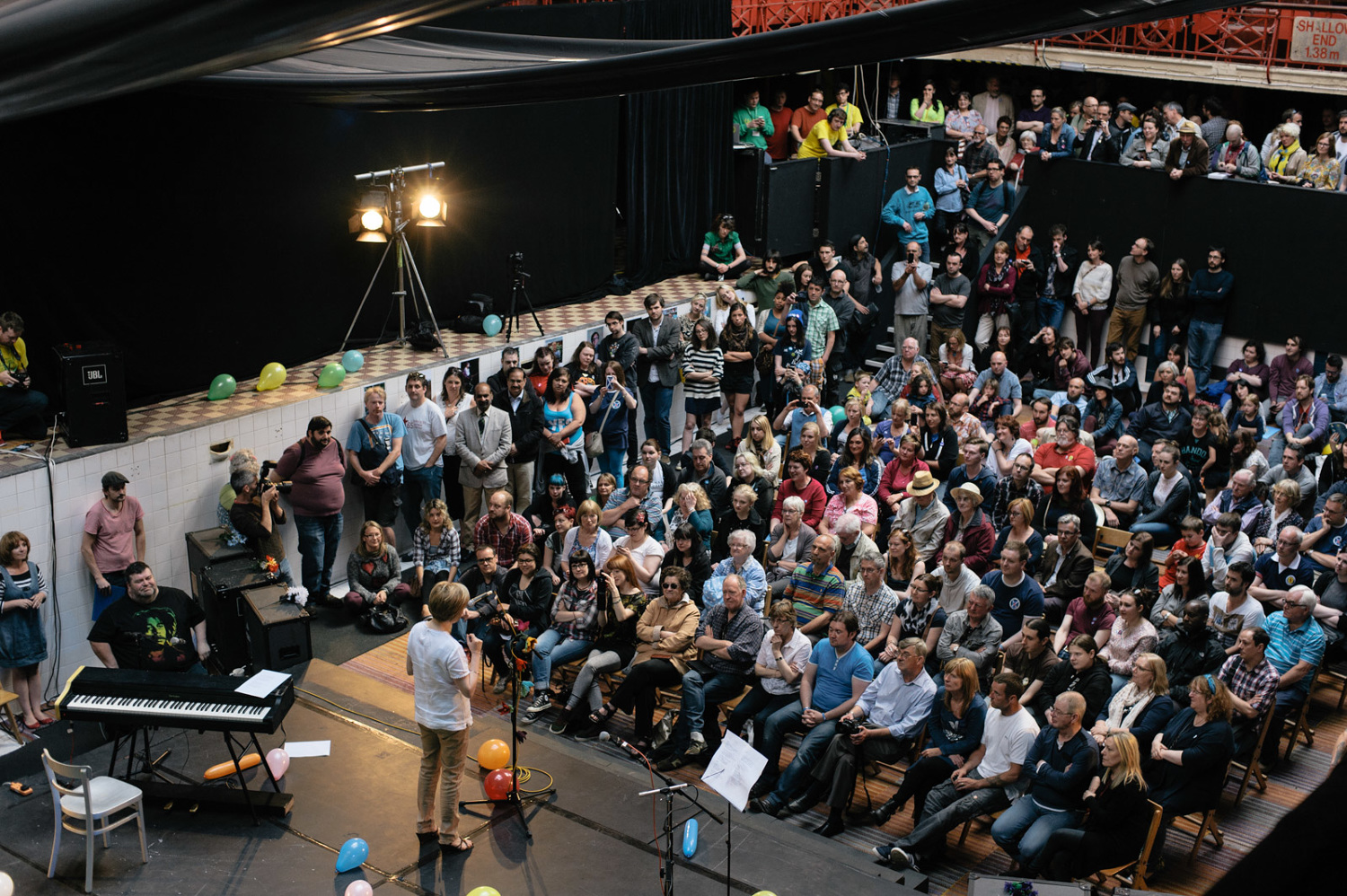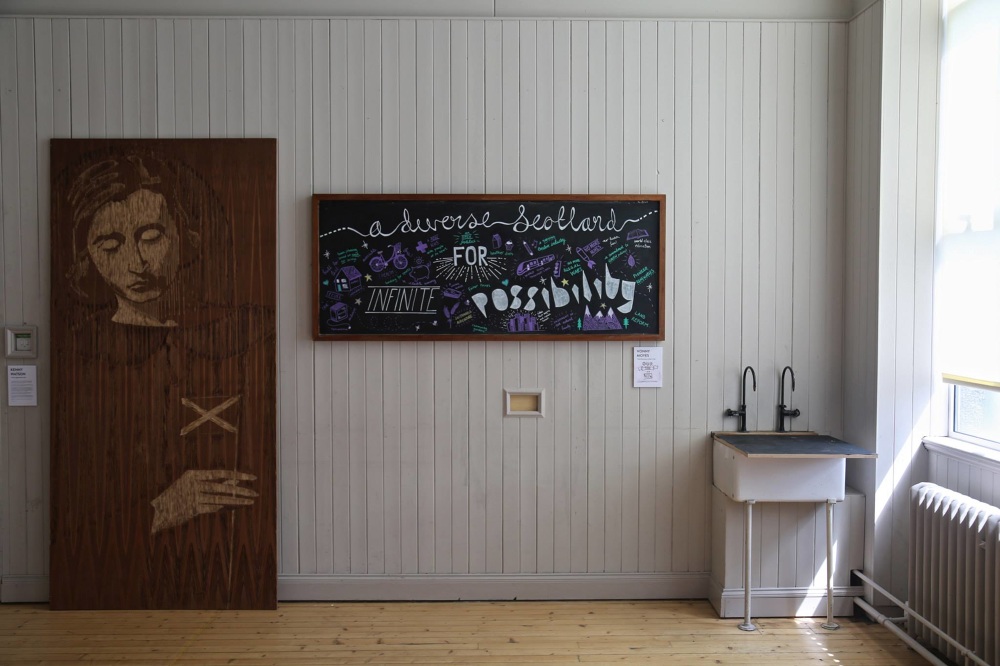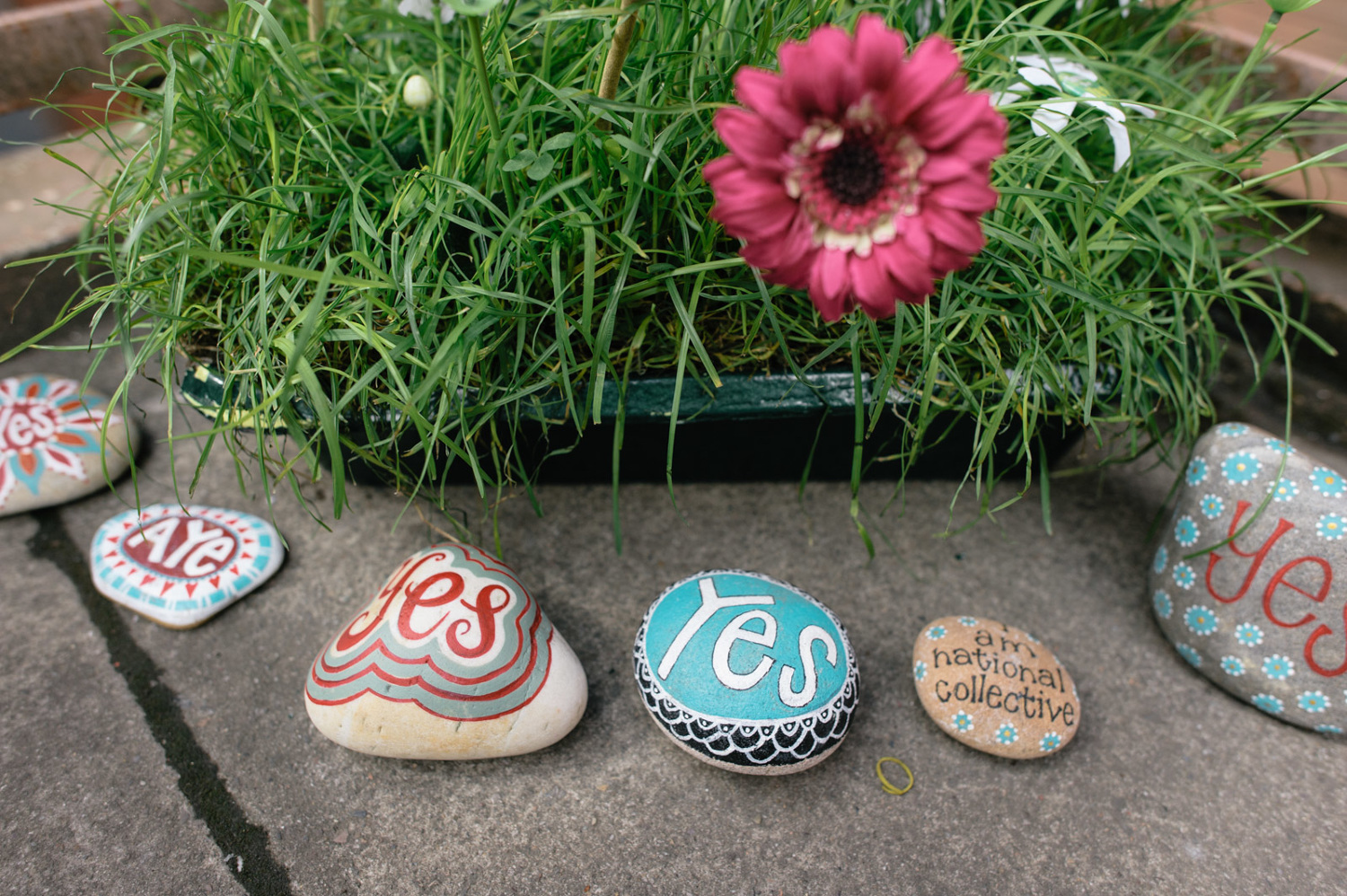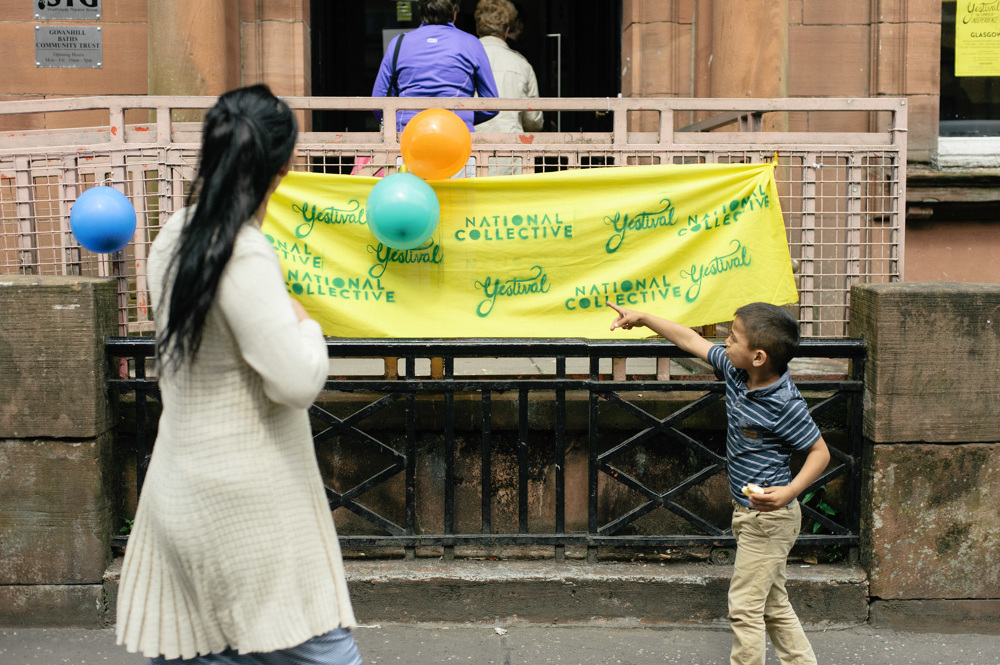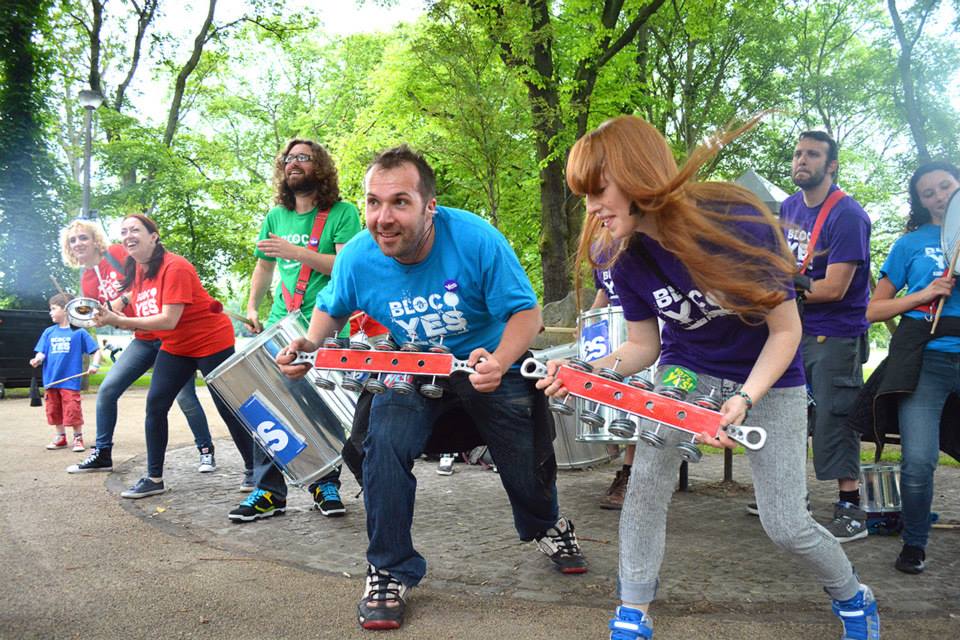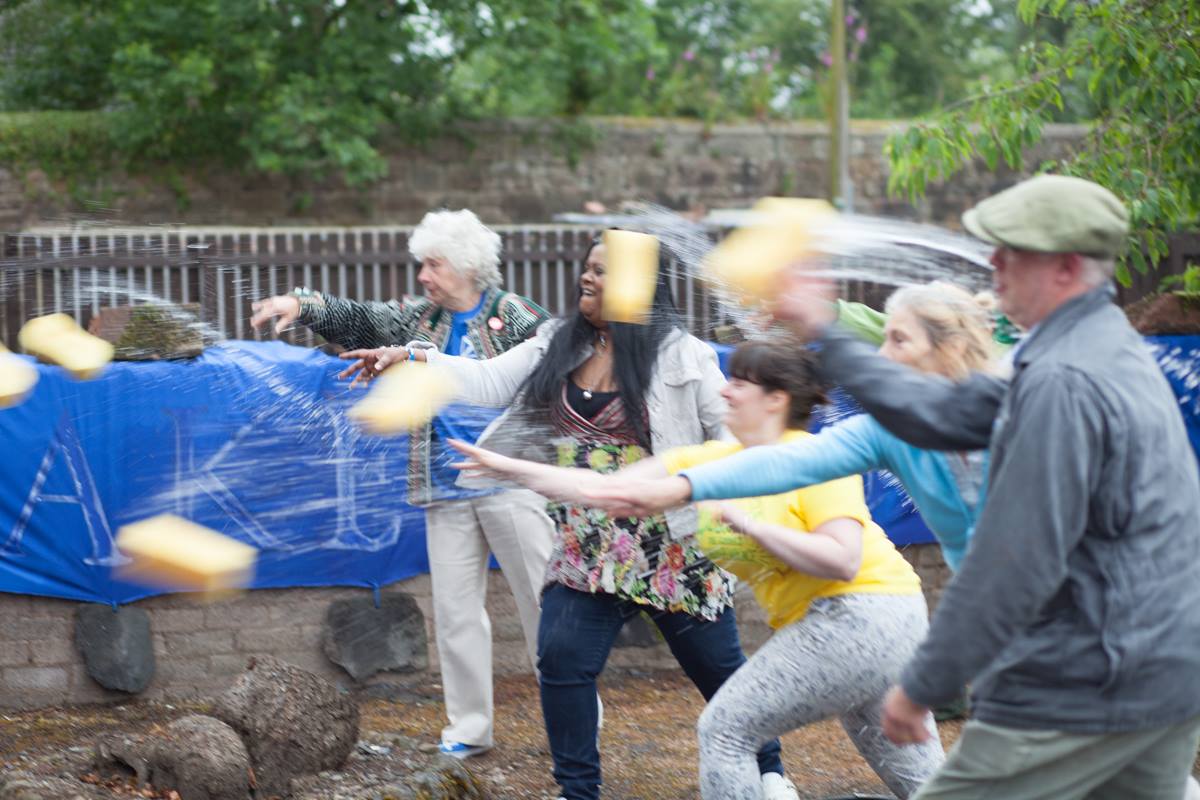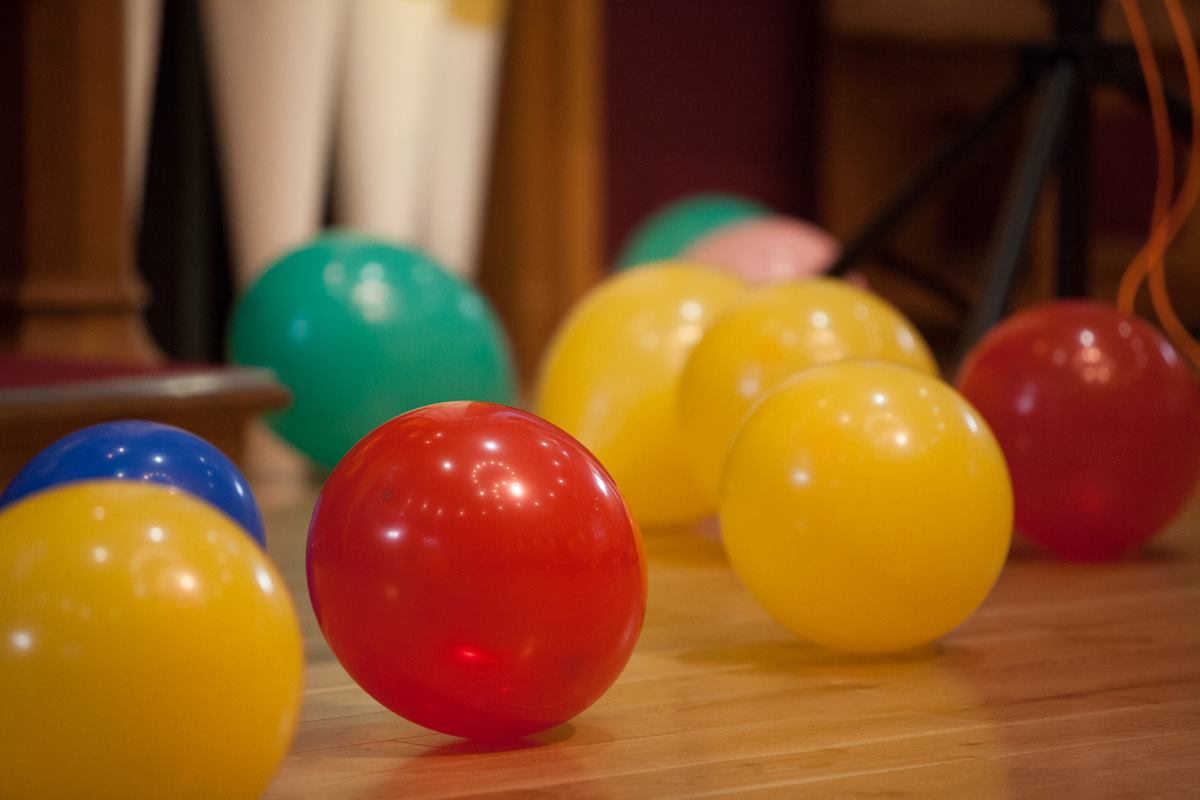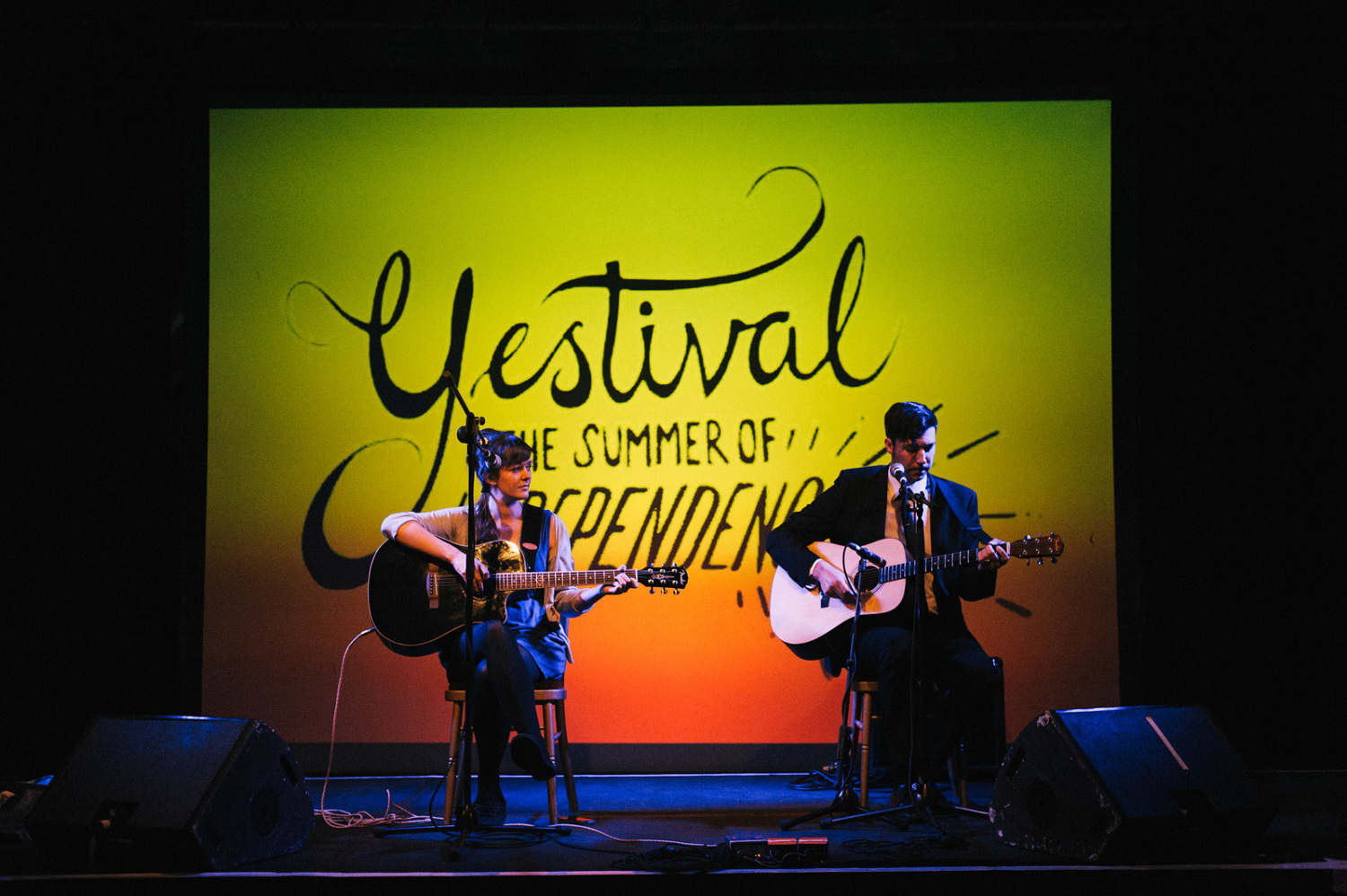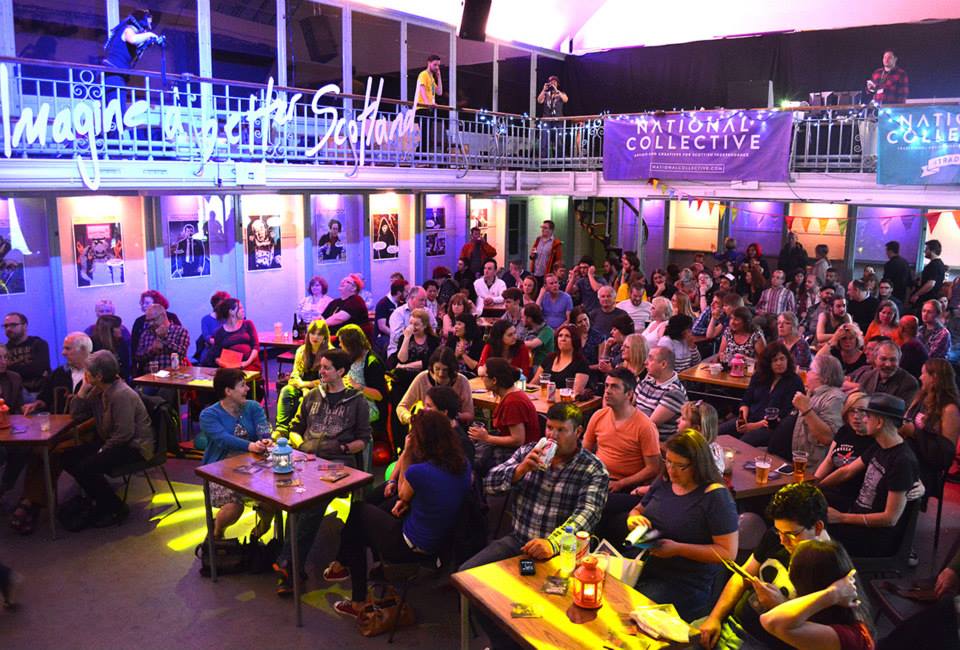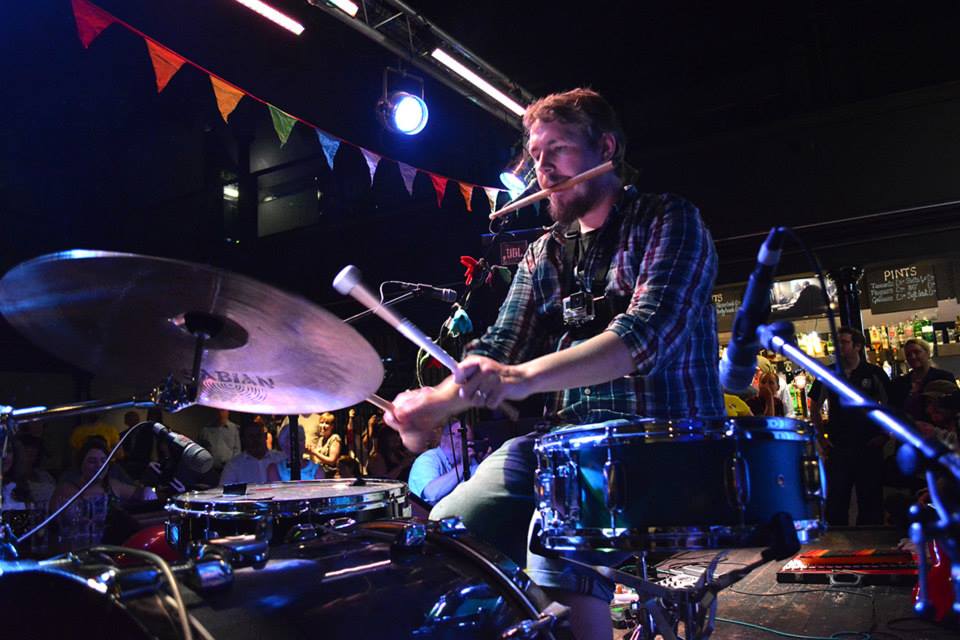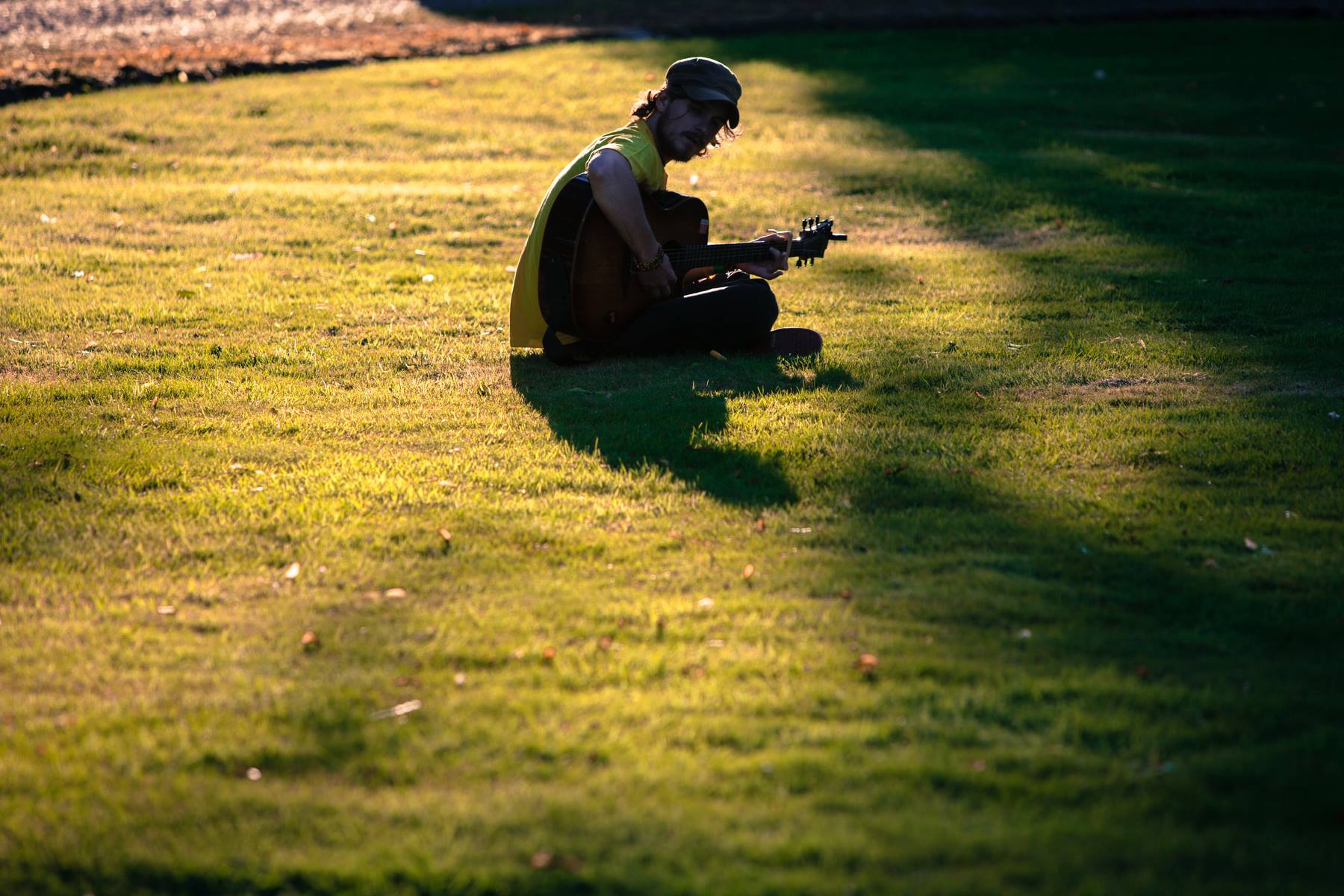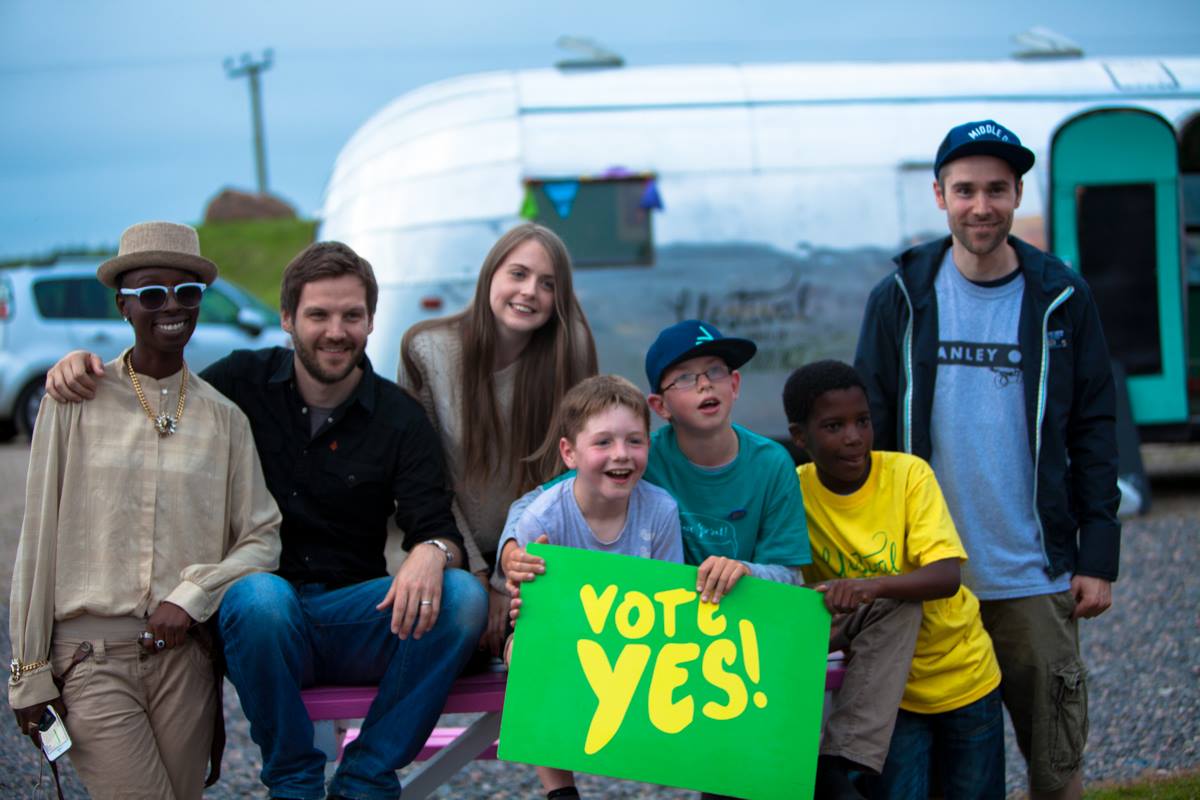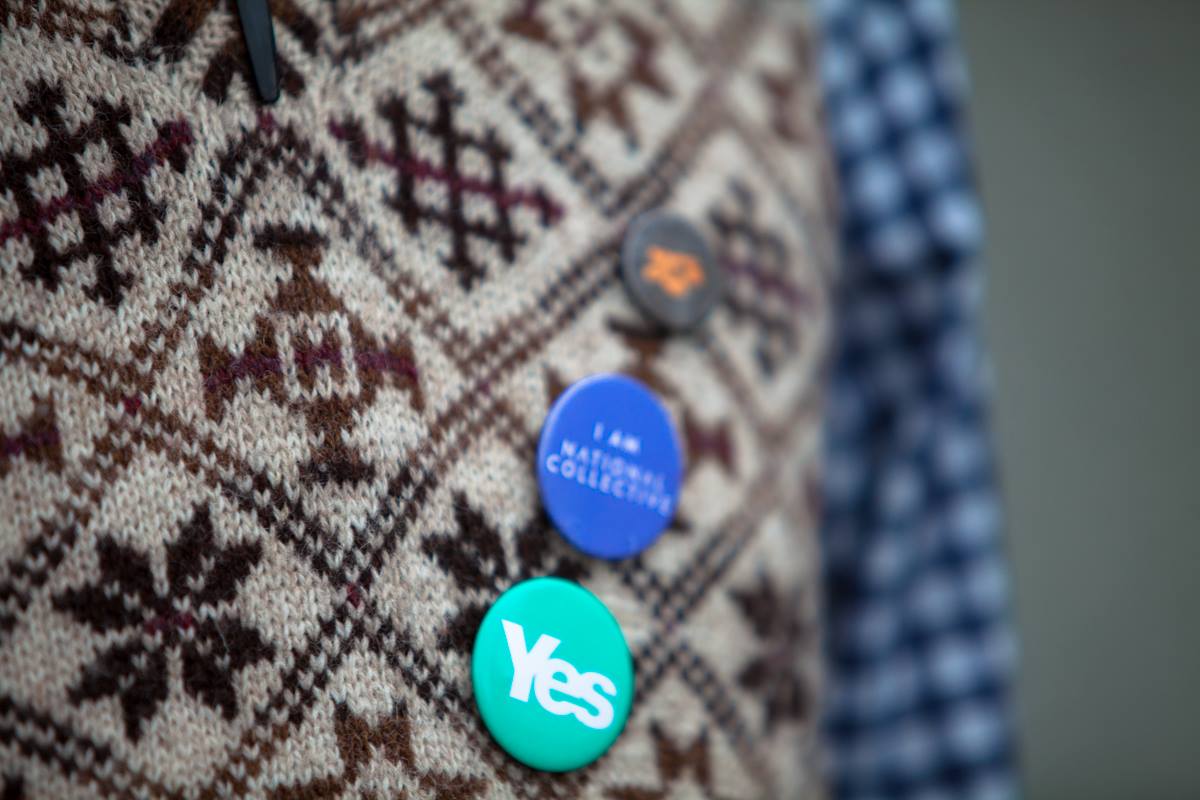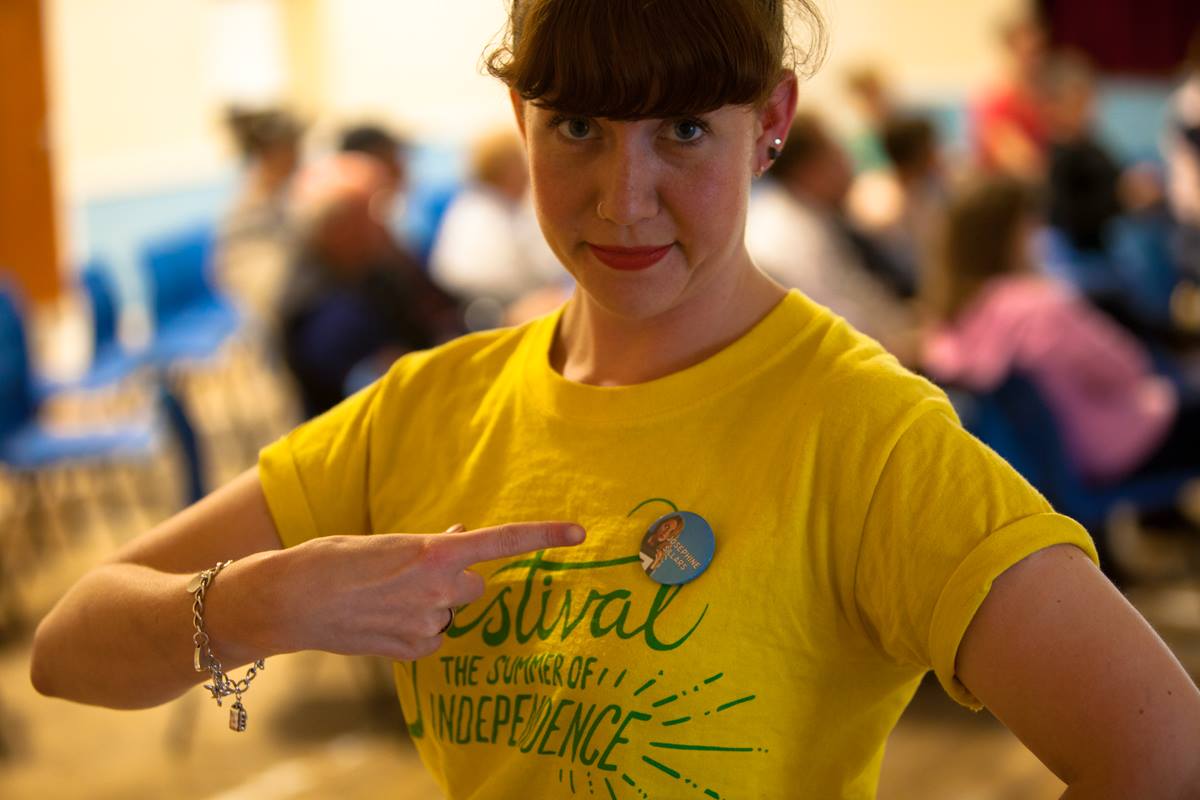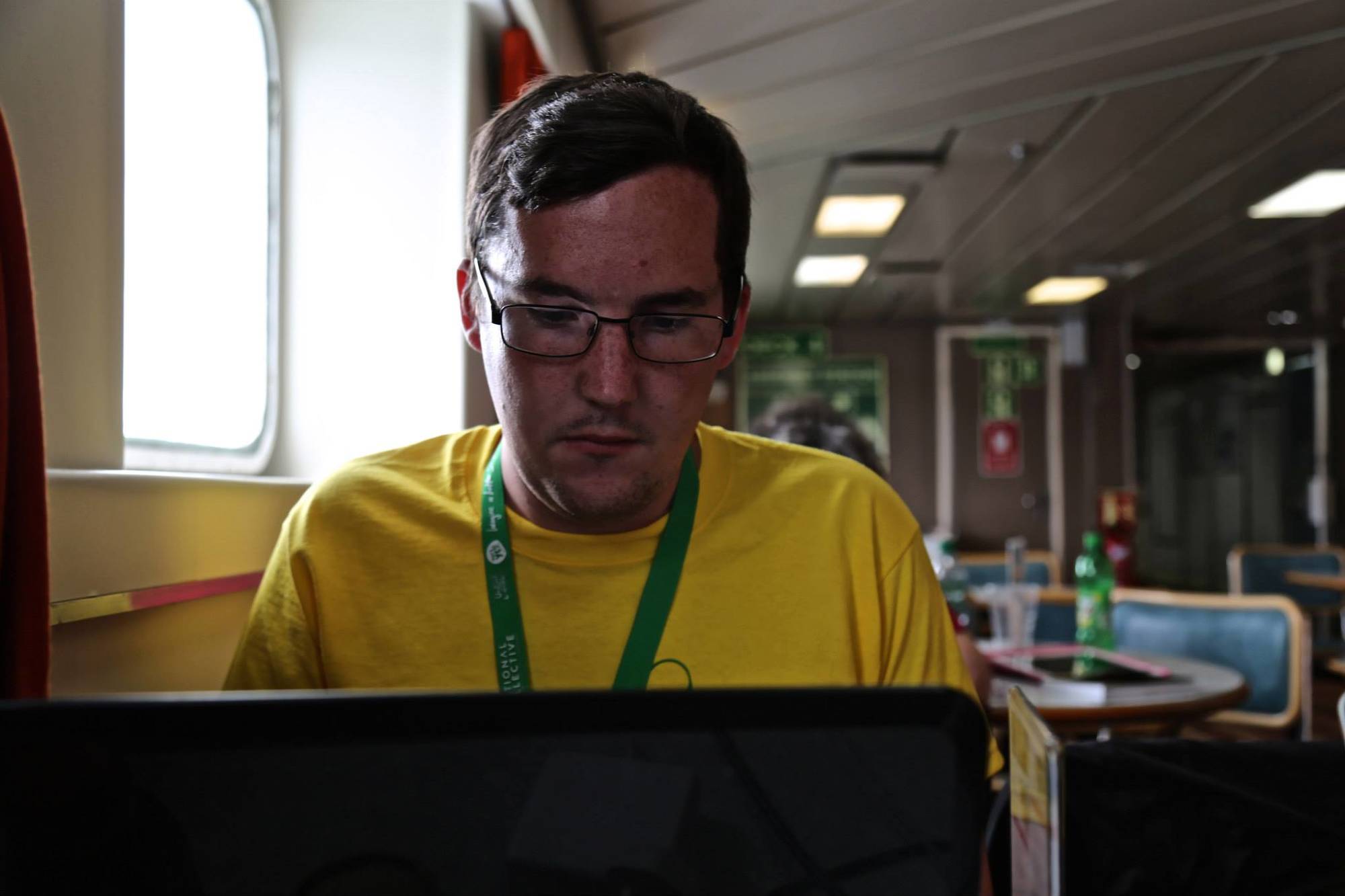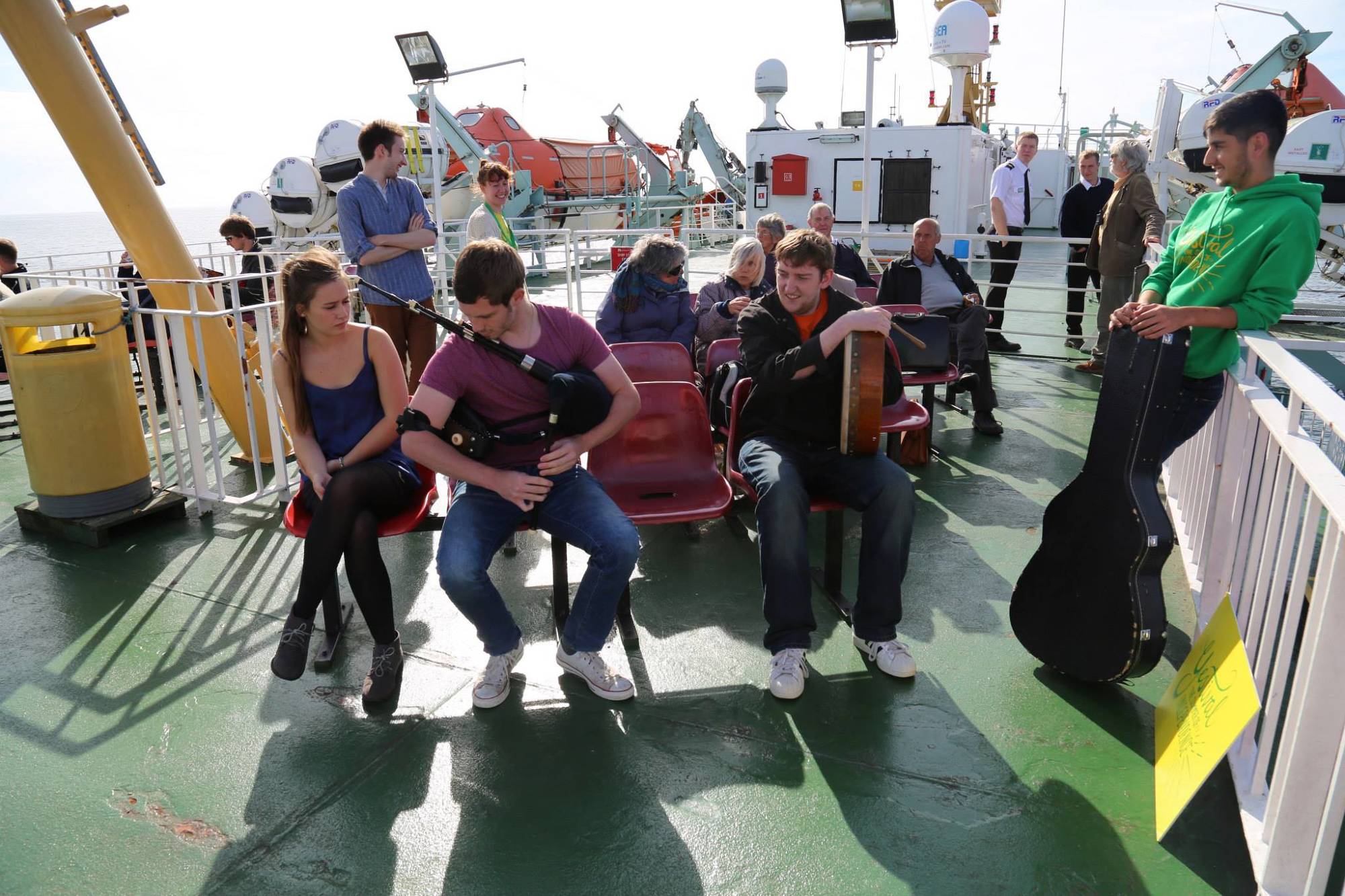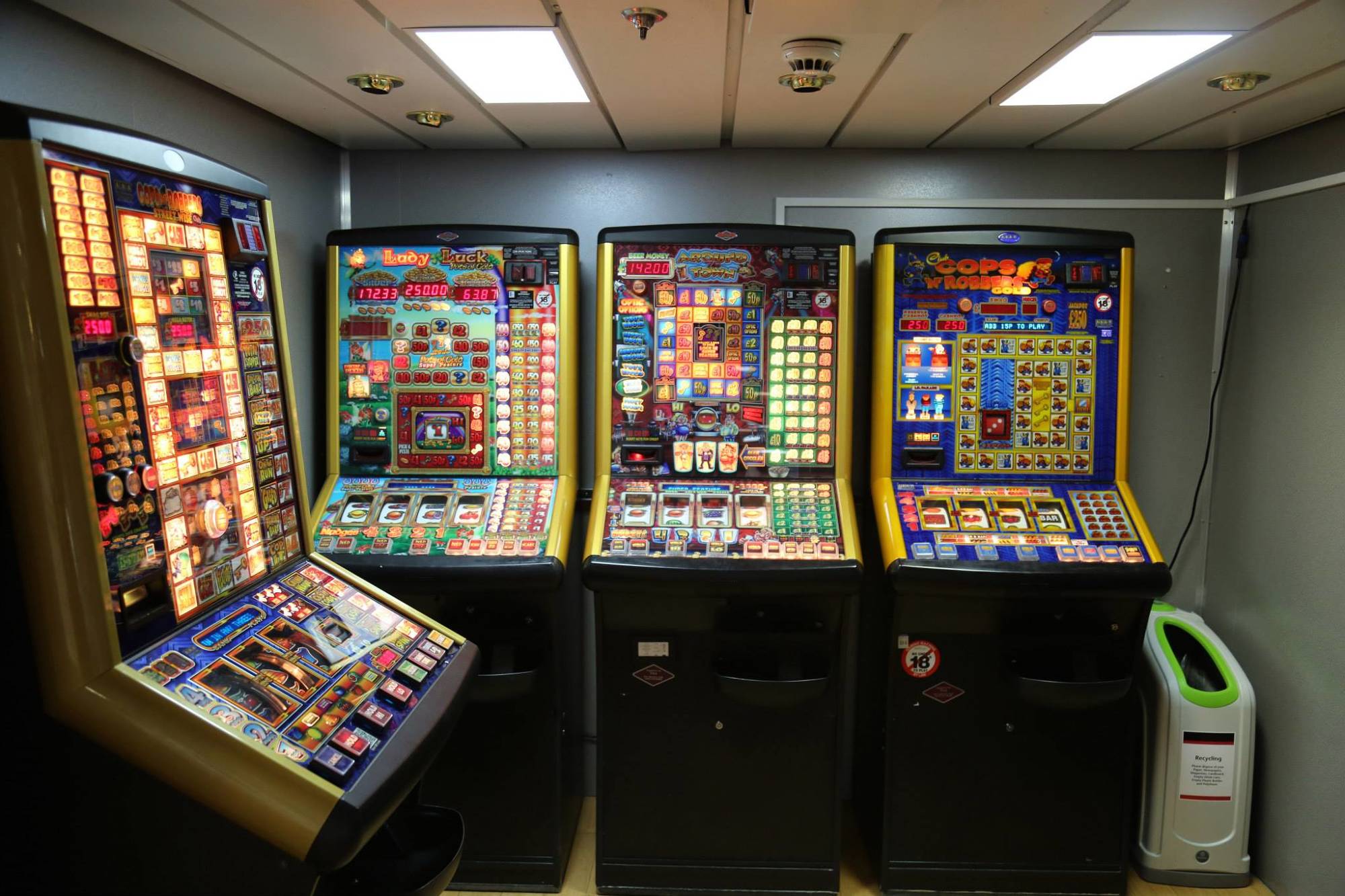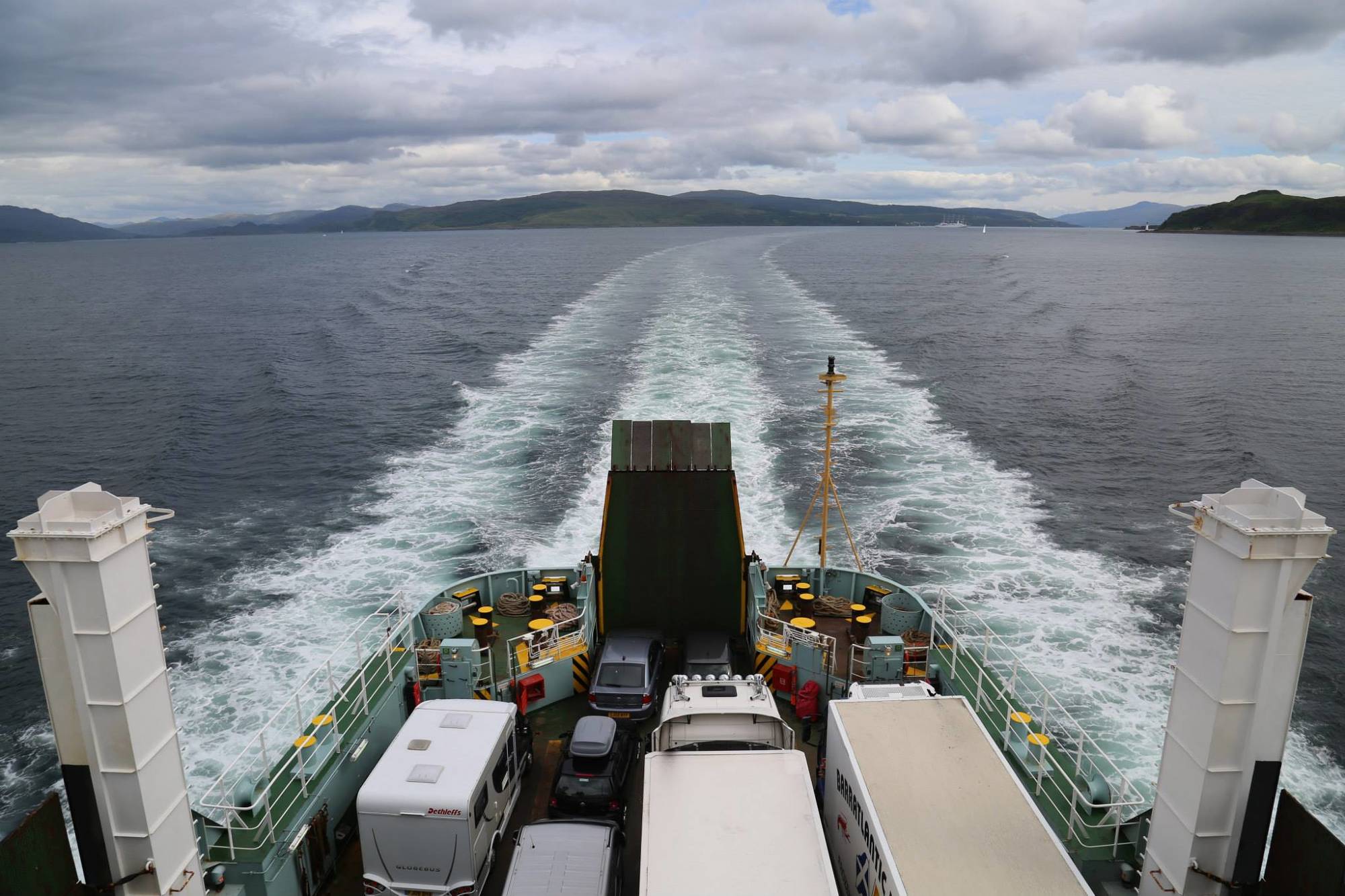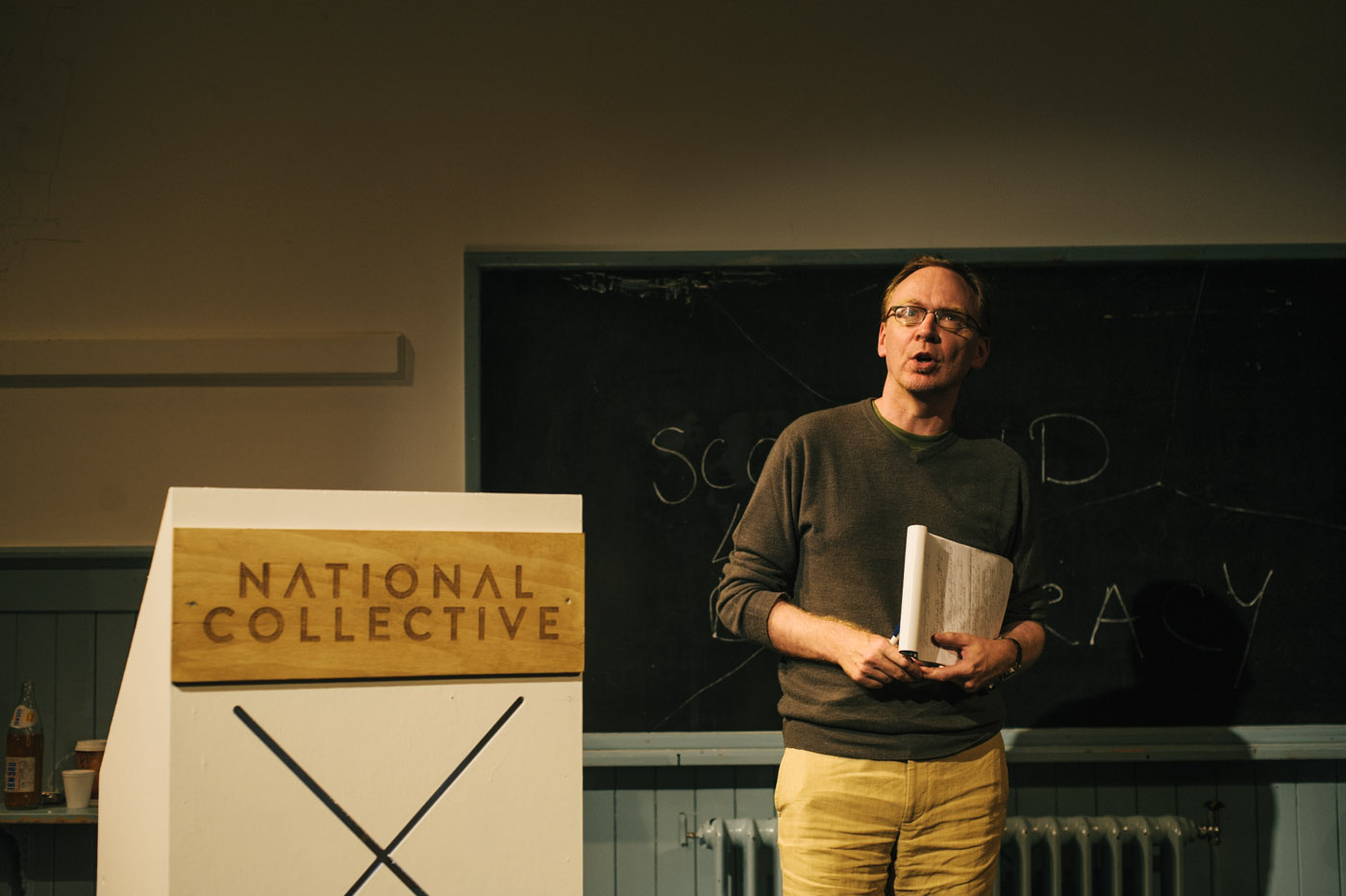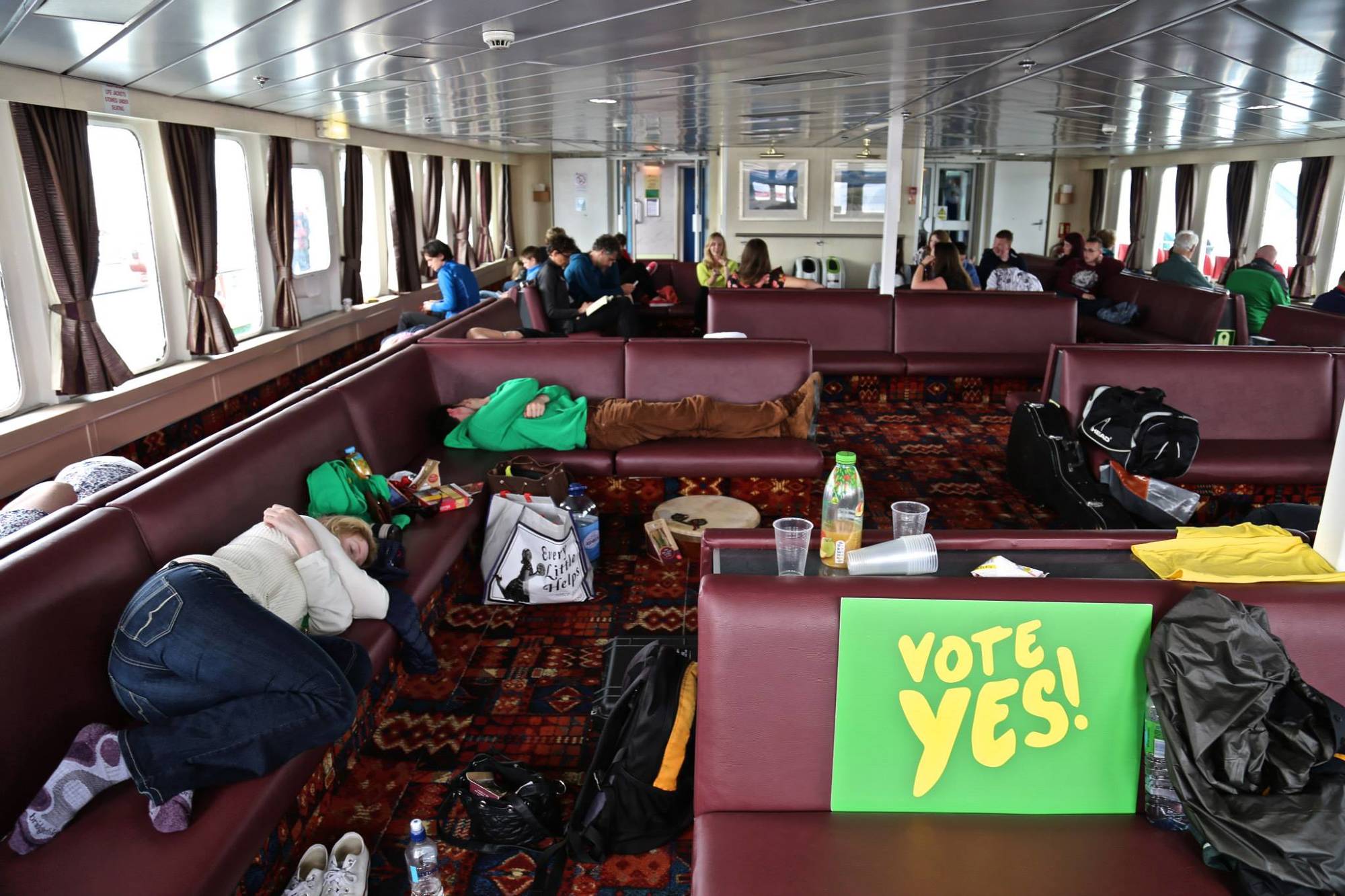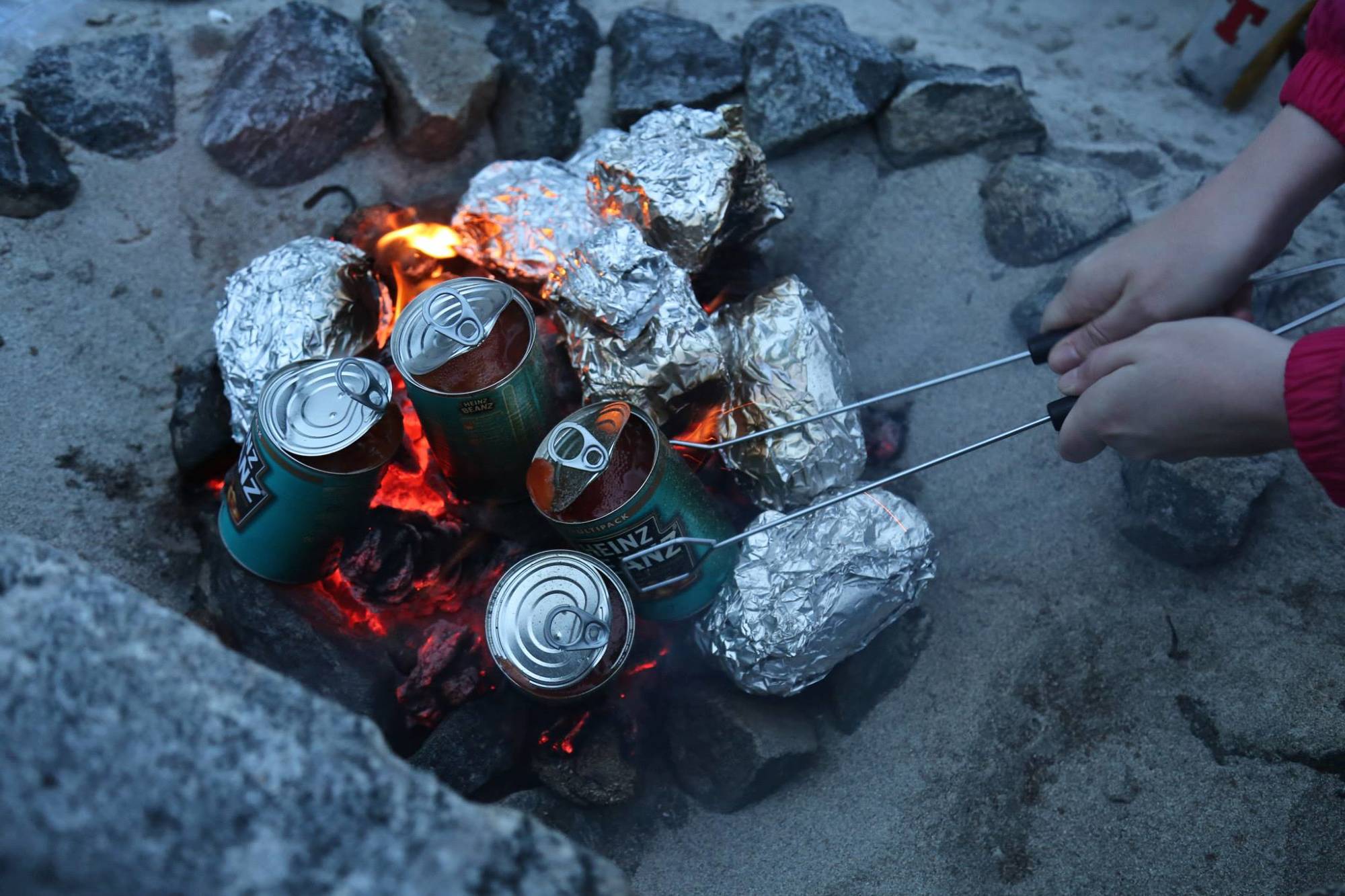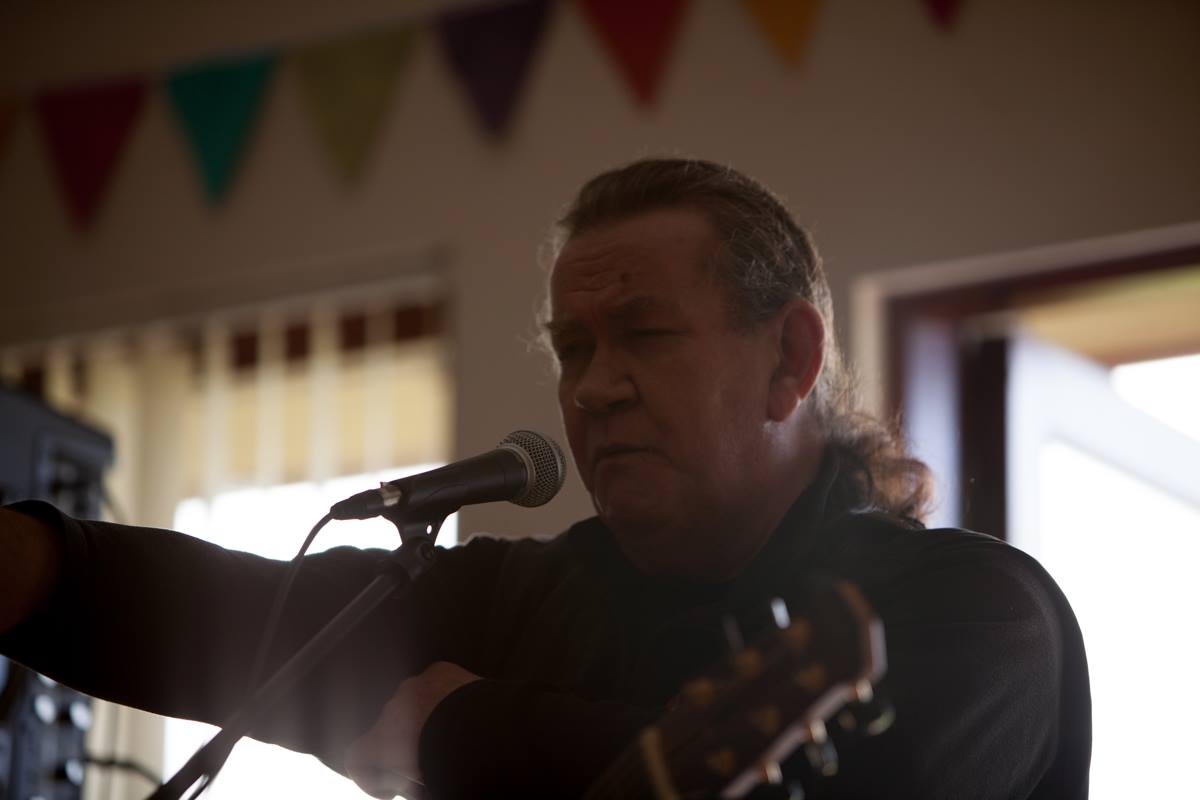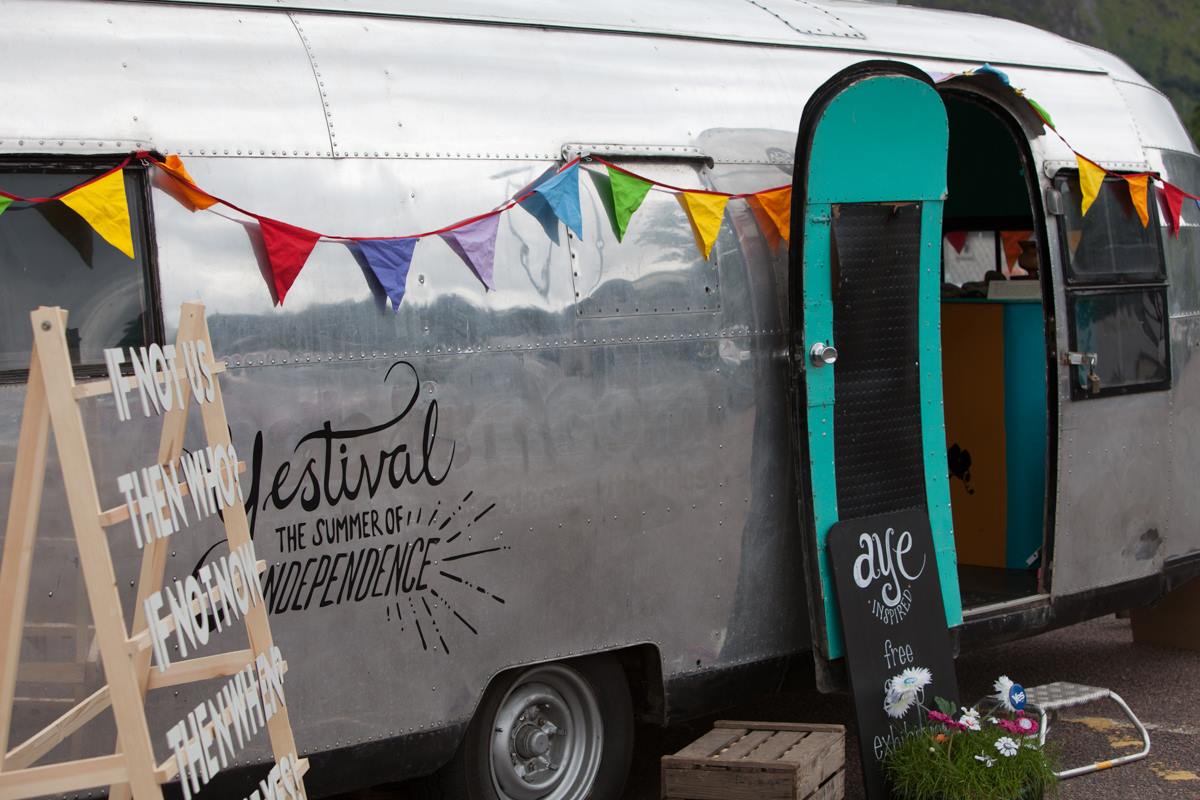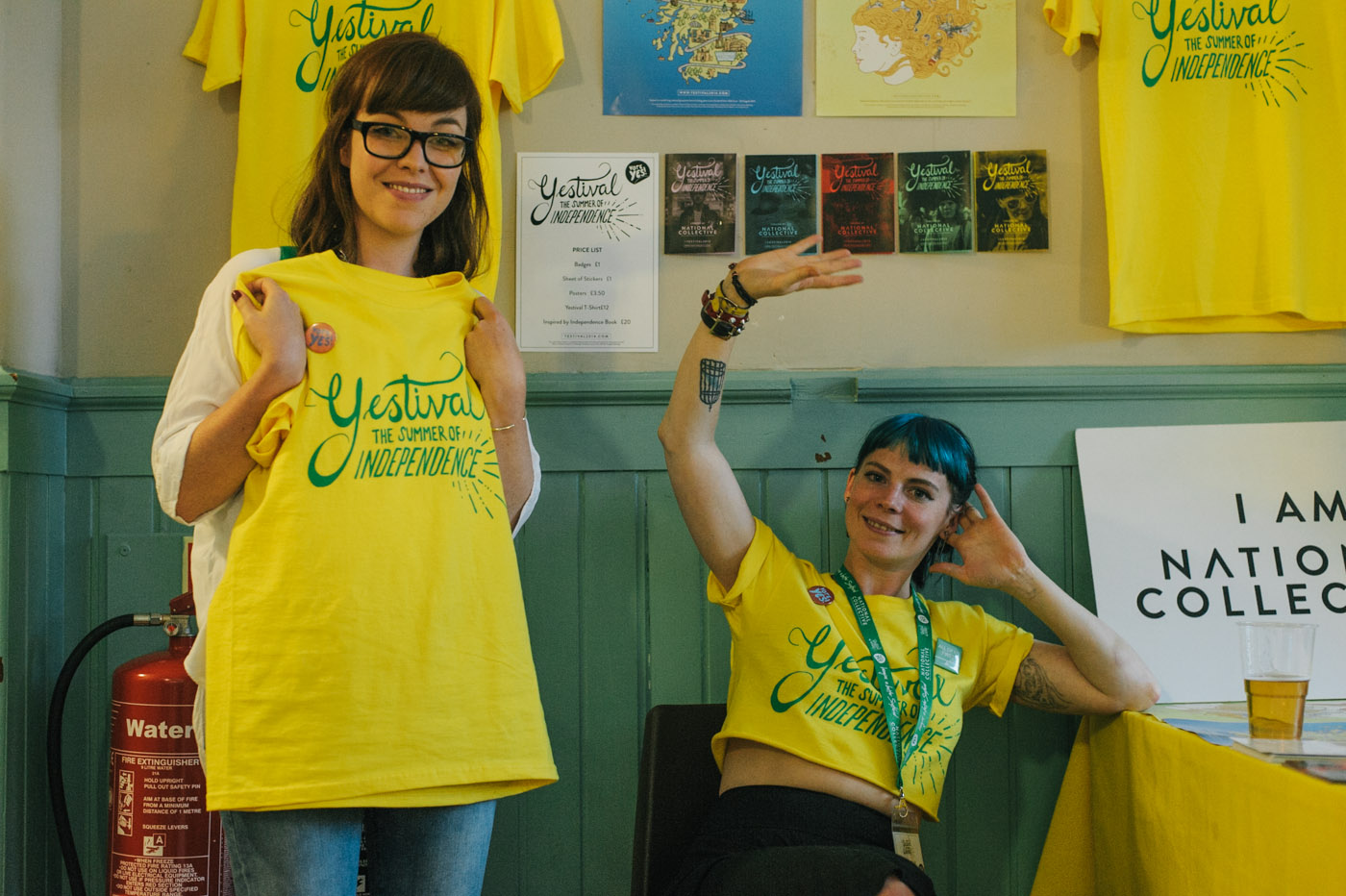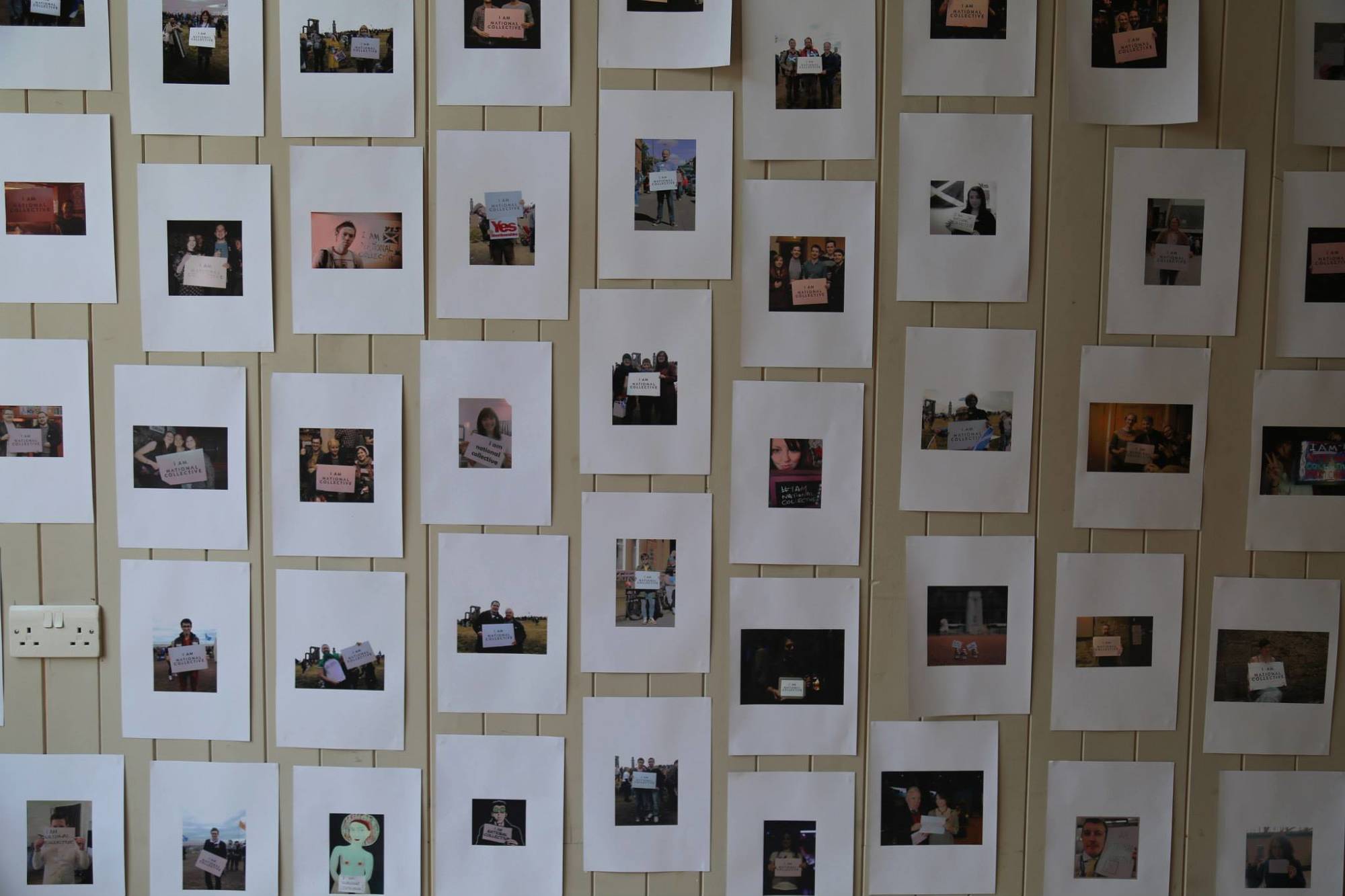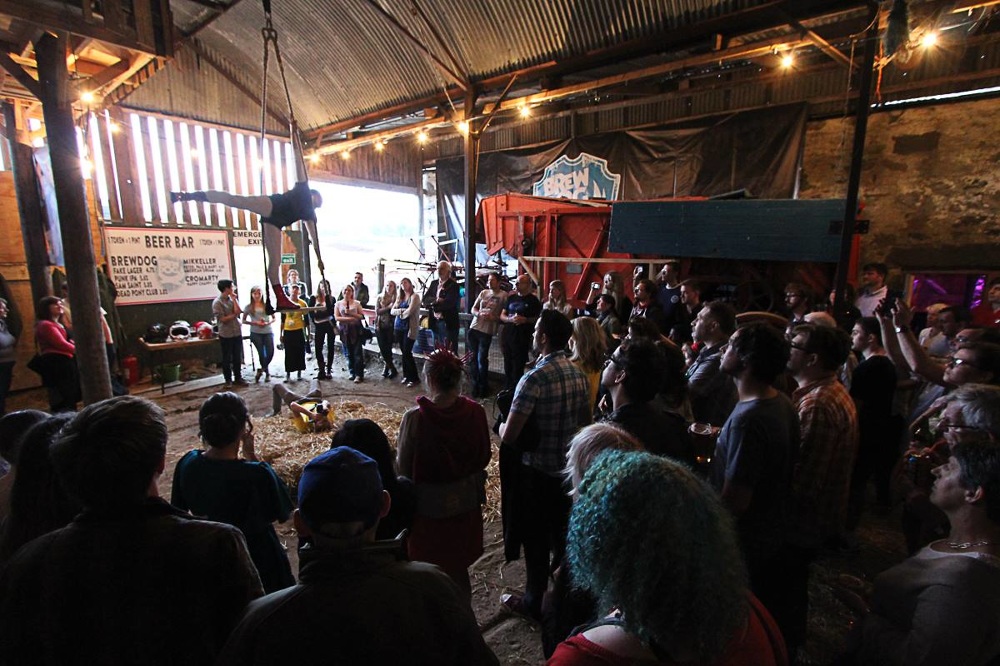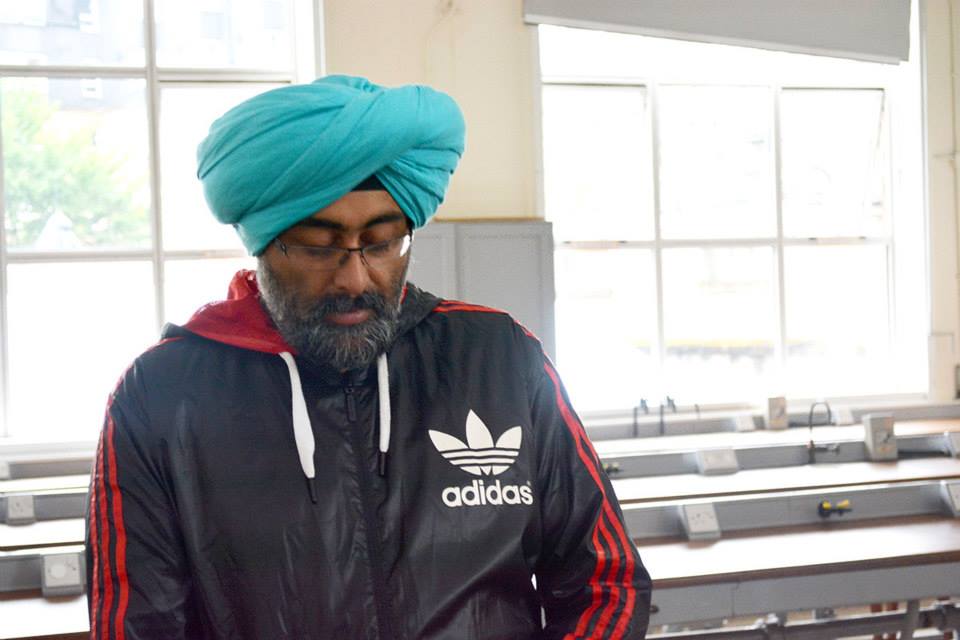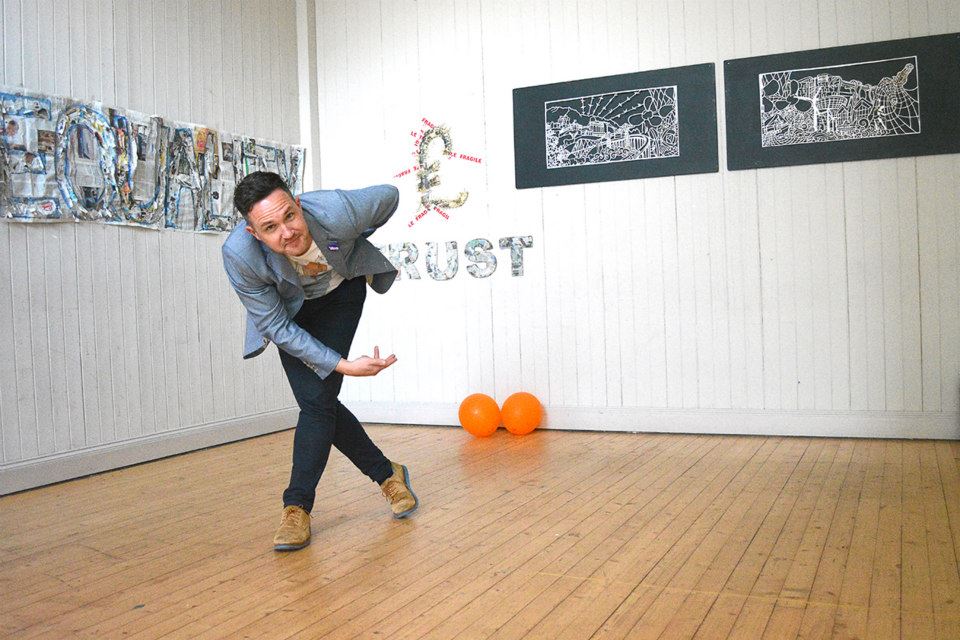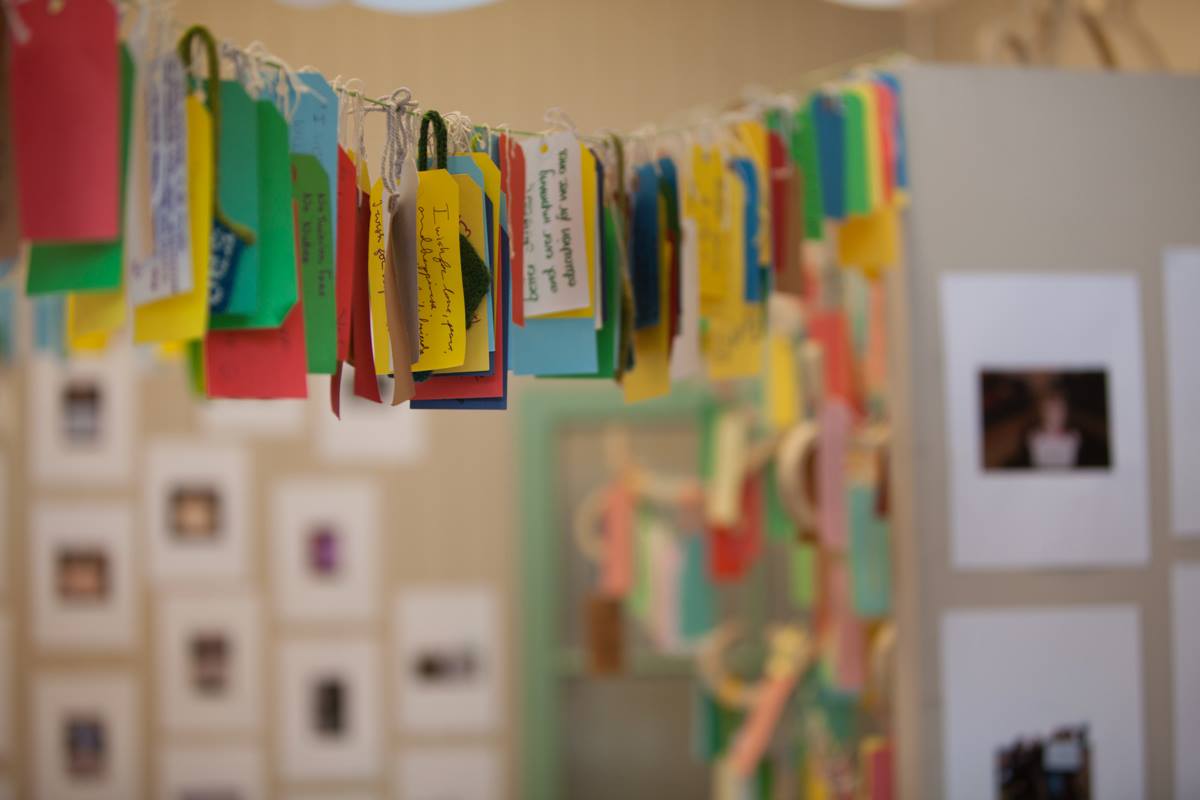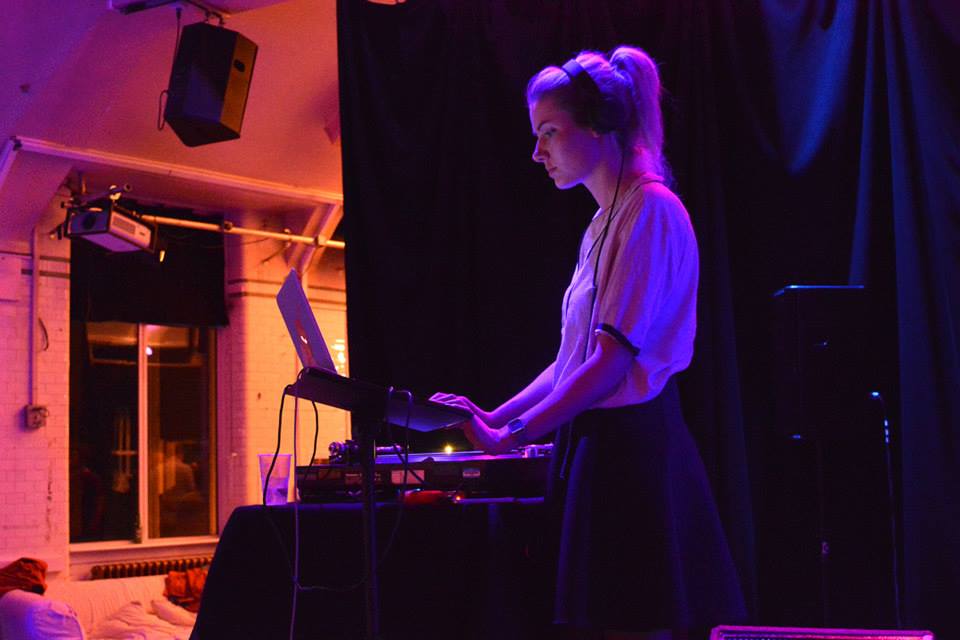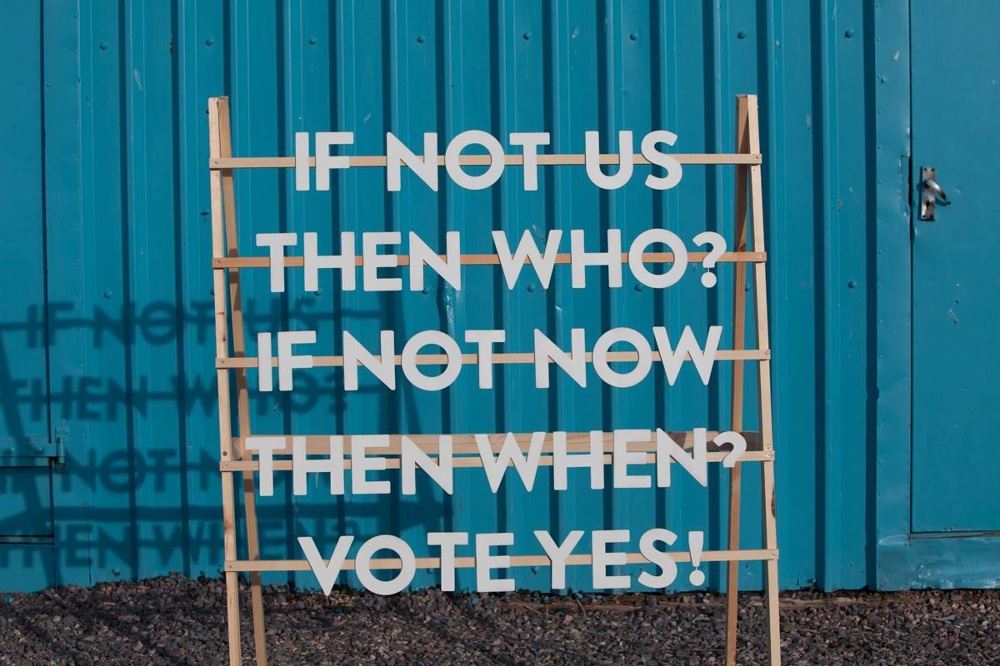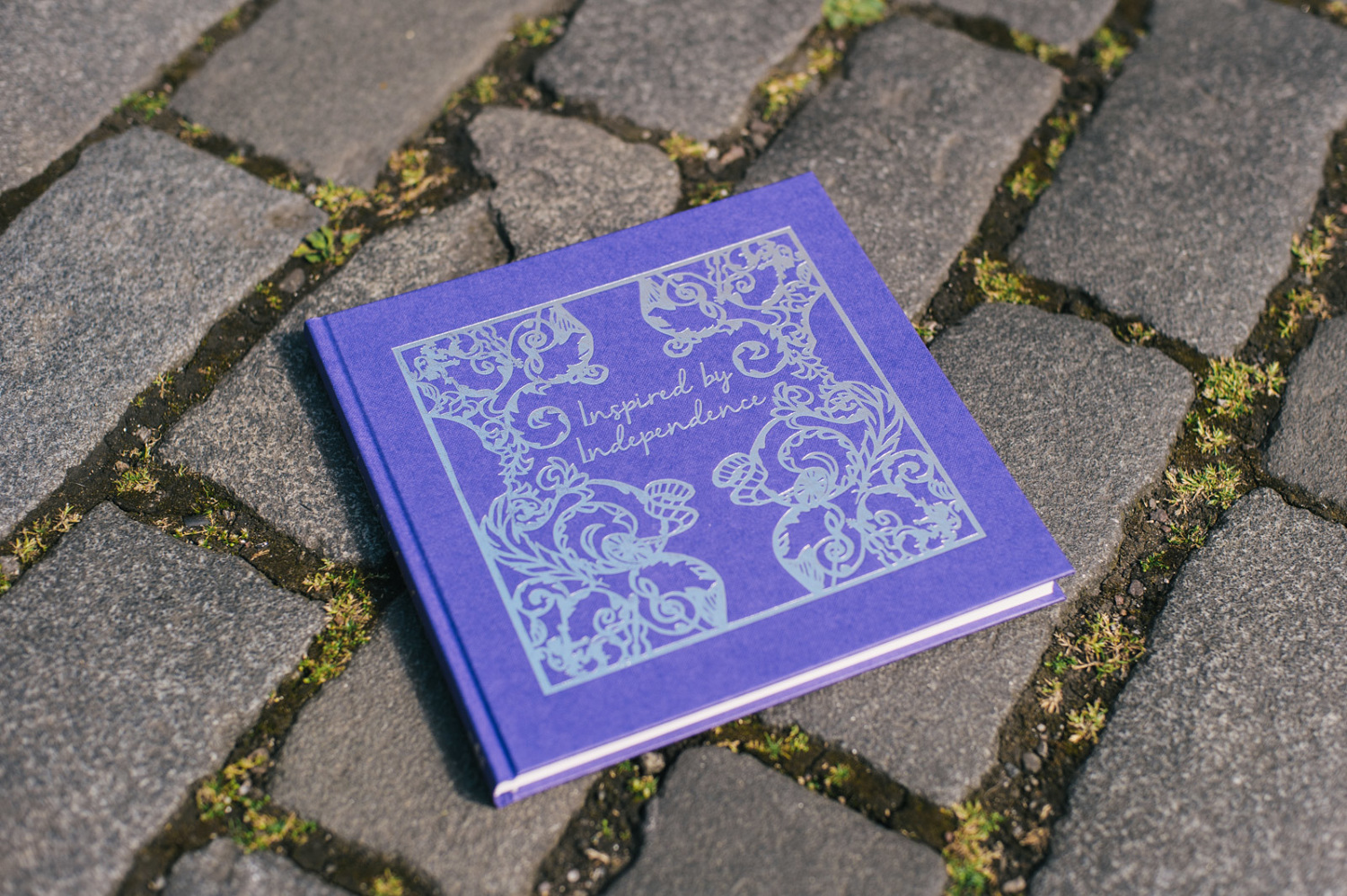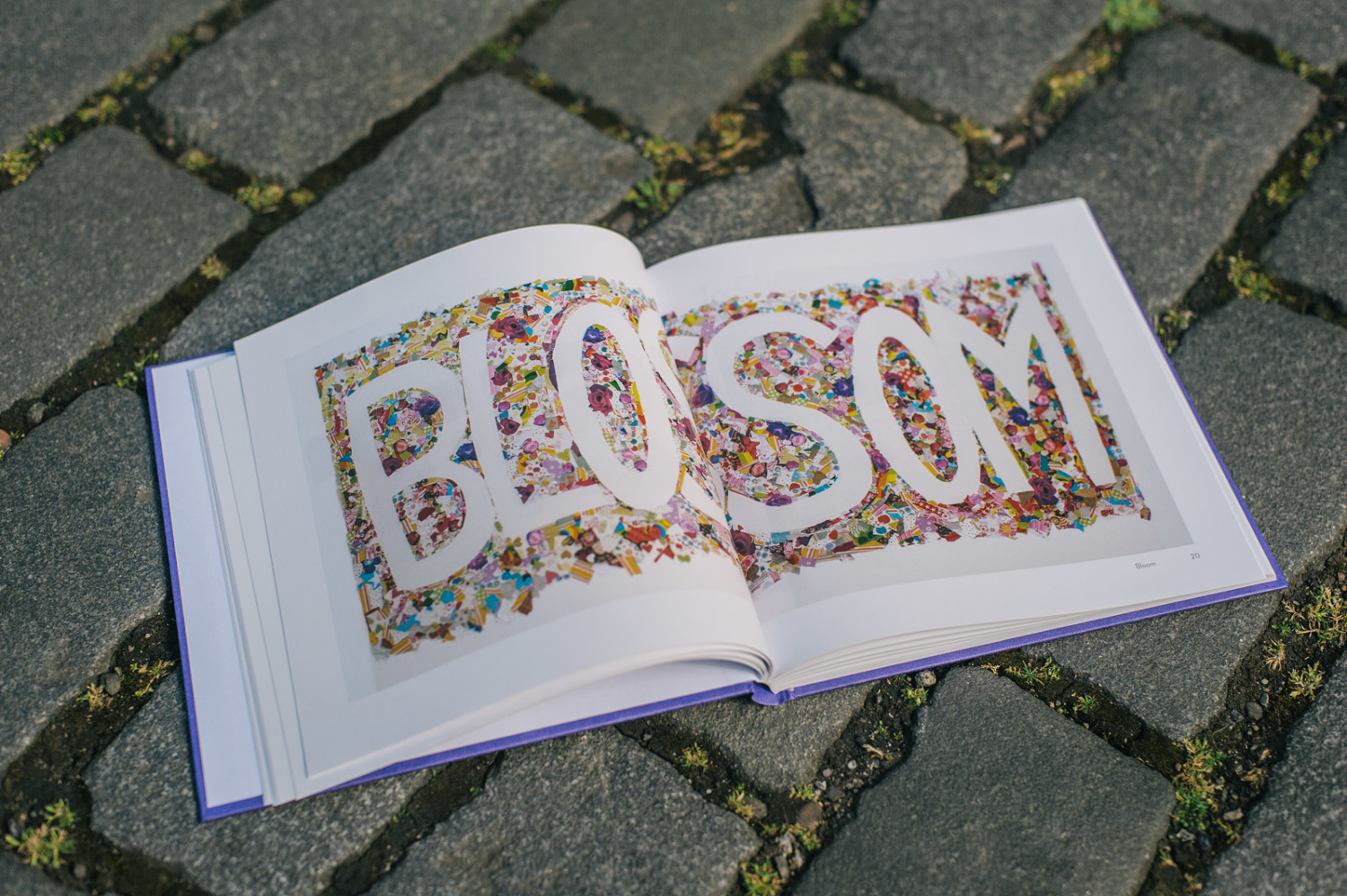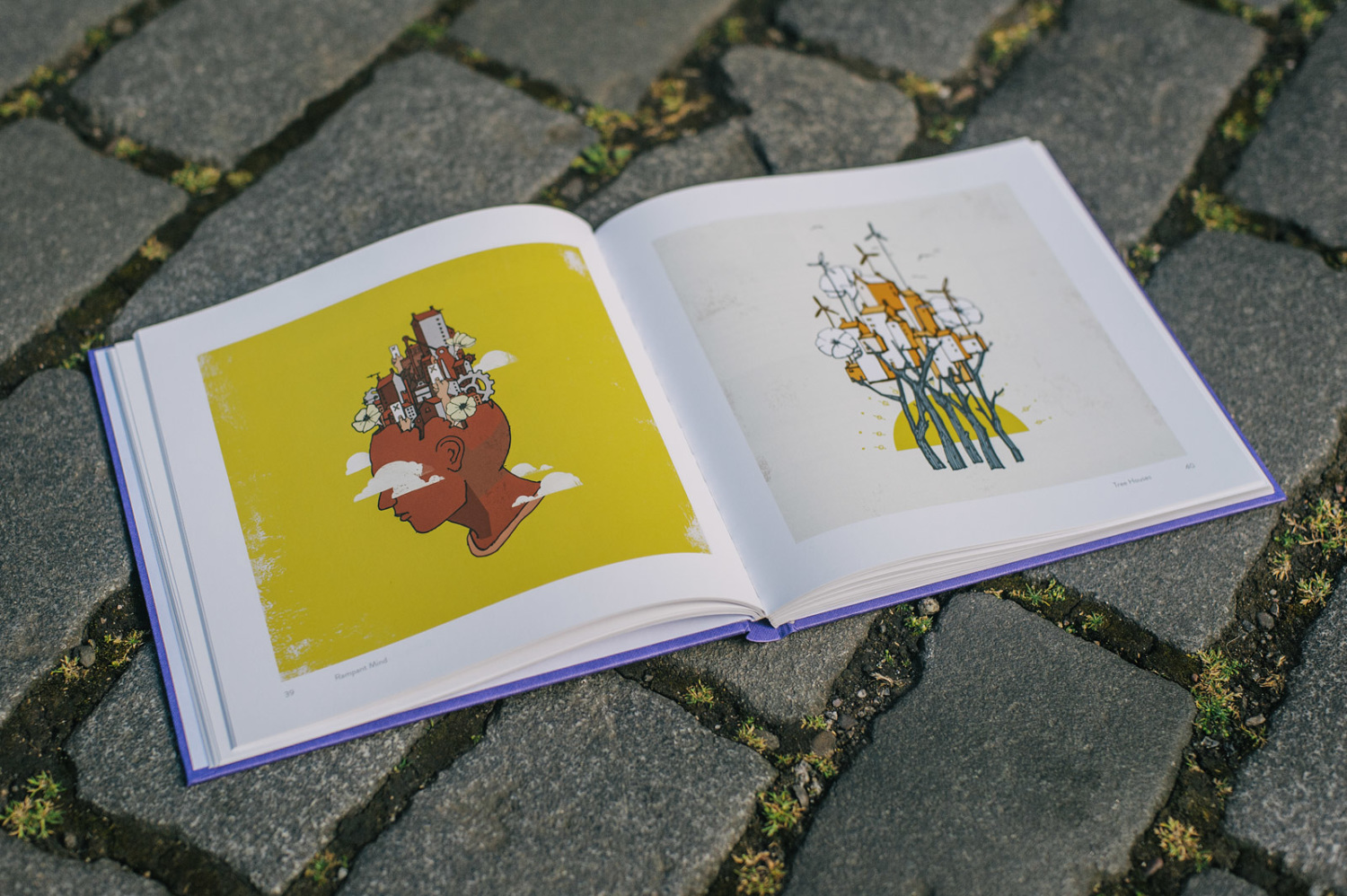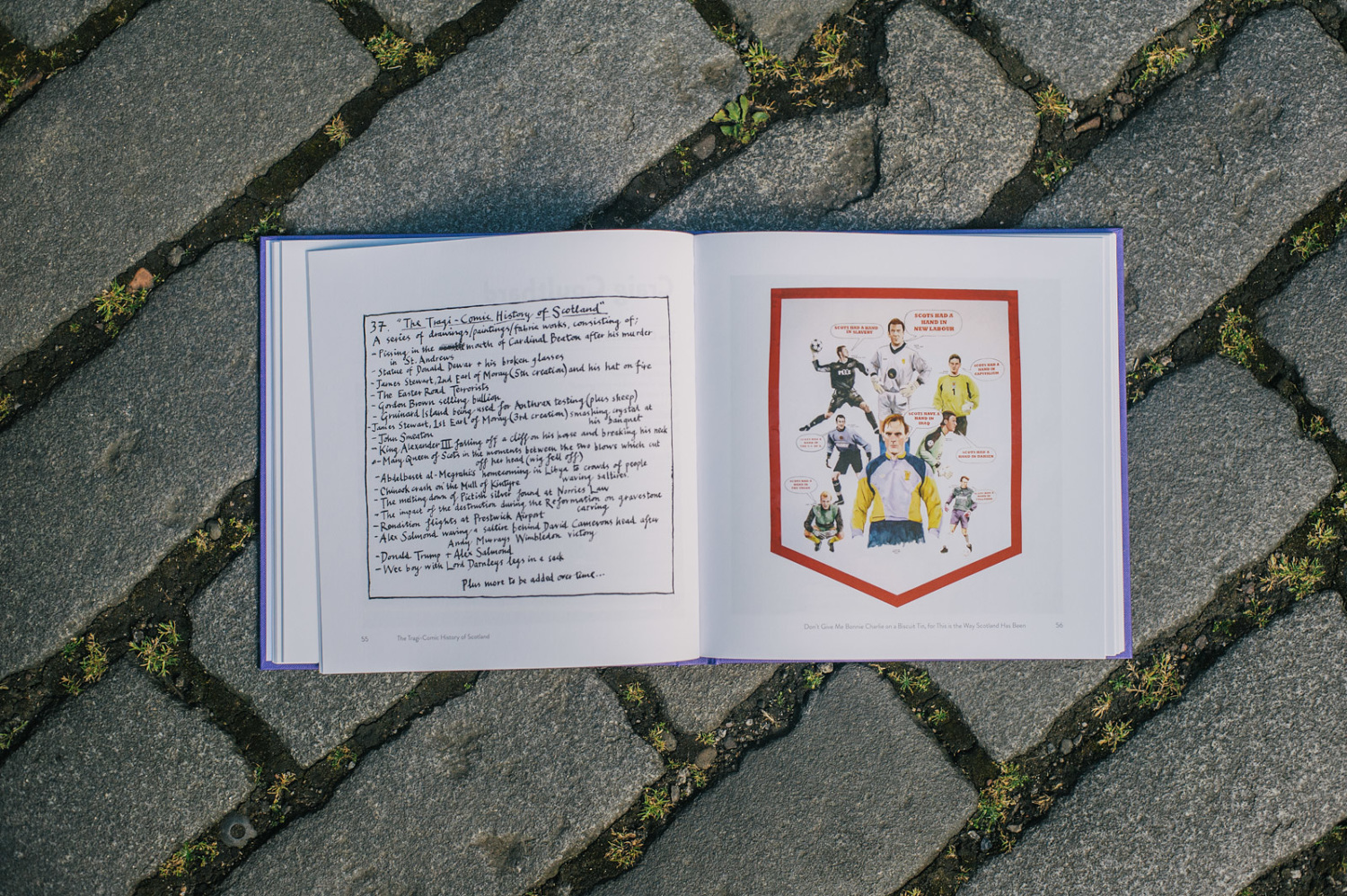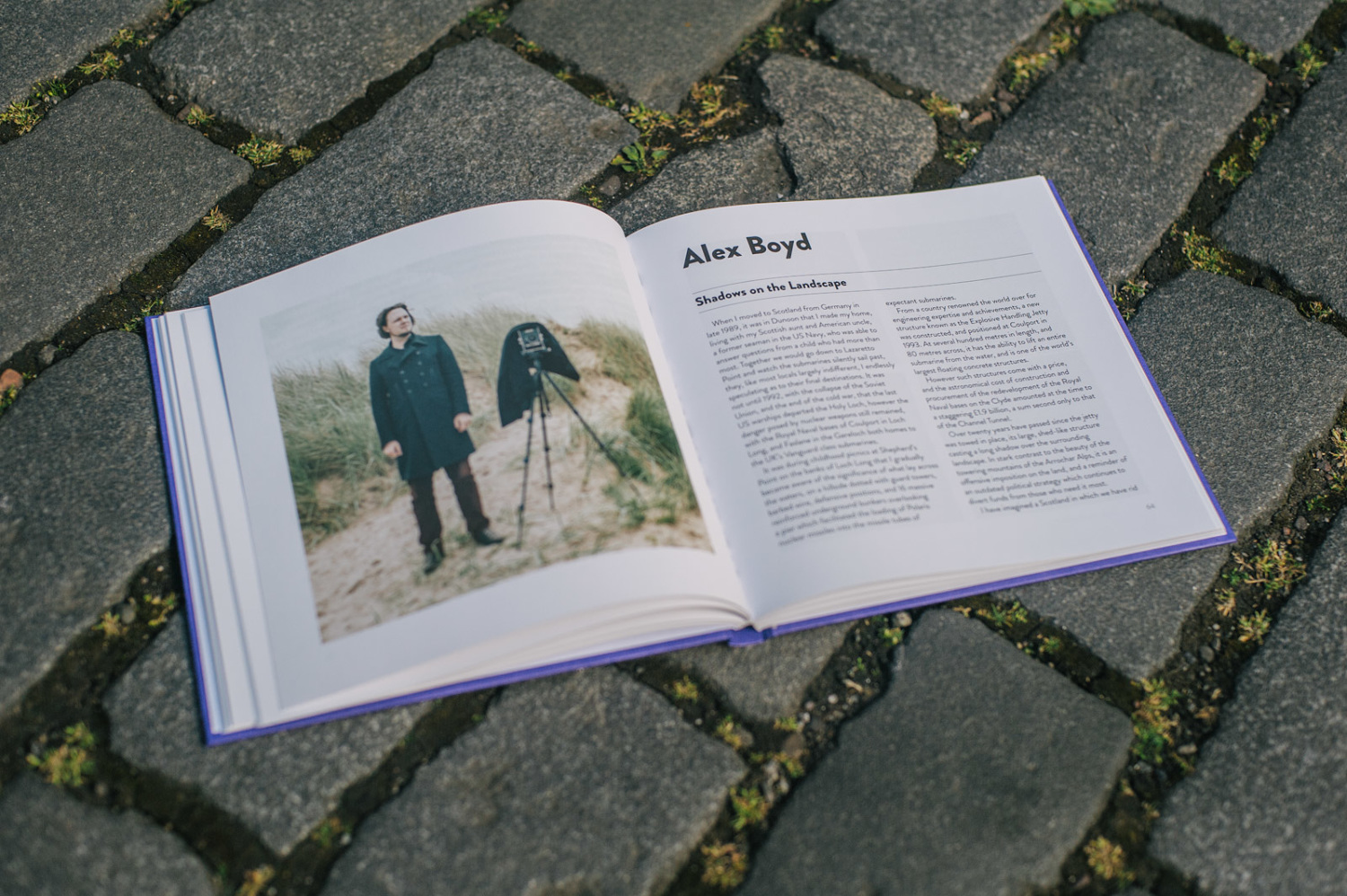Inspired by Independence is a landmark collection of art and writing co-published by National Collective and Word Power Books in July 2014. Colourful, substantive and visually stunning, it includes some of Scotland's finest writers, artists and performers and marks Scotland's historic referendum with a celebration of cultural confidence. The following is the foreward from the book.
The Scottish people will answer a question of historic significance on 18th September 2014. Whatever the result, we can observe, all around us and in these pages, a country that is already profoundly altered by the need to find answers.
The events we are now living were neither predicted nor planned. Though unexpected, the flourishing of interest in discussing what Scotland is, or could be, is remarkable and unprecedented. It is out of this very new set of realities that groups like National Collective have emerged.
The question of what National Collective is has been the subject of some confusion. We are a group with no policies, loose structures, a surprising ability to organise and no party or ideological loyalty. In a world increasingly commodified, boxed and packaged, it can be odd to see an association of people, especially a new one, consistently refuse to define itself. But this is our key strength.
We are this book and the works contained within it. We are also the hours of event organising, painting, tweeting, filming, editing, debating, dancing, photographing, printing, acting, writing. In short, we are a group defined entirely by the extent to which each of us wants to get involved.
It would be a mistake to think that this movement exists in isolation or could be replicated regardless of context. We are brought together by the many stories about a better Scotland: those that have brought us to this impasse, those that we have helped to shape, and those that are yet to be told. National Collective exists thanks to an unprecedented opportunity to talk without limitation, from first principles, about what our society is and might become. Ours is indeed a fortunate generation.
Within these pages we have included artists and writers from a slew of different backgrounds, disciplines and places. From octogenarians to twenty somethings, the teeming variety of genres and forms that we’ve gathered together speaks to a culturally confident, creatively promiscuous Scotland. Inspired by Independence does not claim to be a definitive collection of the innumerable creative and intellectual responses to these times: as editors we know that such a task would be impossible. We are however confident, that in bringing together these works, we have created a volume that will continue to have resonance well beyond September 2014.
So what will you find herein? Our purpose in creating this book was not to collect bland statements for, or against, the ultimately unknowable concept of independence. Indeed not all of the contributors have made clear how they will vote in the referendum. We don’t care for dividing up artists based on their opinions anymore than we care for the language of machine politics. We take a different approach. Namely, we suggest that all that we have, in facing the challenge of fundamentally changing the community we call Scotland, is the style with which we can imagine that change. The tenacity with which we can question. The skill with which we can build. Perhaps even, as one contributor has argued, the license with which we can dream.
So you won’t find conformity or easy answers in this volume. In fact, many of the contributors make a point of addressing independence not as a simple solution, but as a single step in a larger, more complex, journey. The following pages look at both the challenges and the opportunities that come from a desire to make something new.
Inspired by Independence arrives in a Scotland poised at a juncture. It provides a snapshot: a visual, audial and written memento of how some of our most engaging makers of words, images and sounds have responded to our current position.
One way or another, it seems that an older Scotland is leaving us, creaking under the weight of change, taking with it old ideas, old loyalties and old certainties. A space is opening up: how shall we inhabit it, name it and understand it? What will we do with the opportunity to step out from the old and into the new? Contained within these pages are a few sketches of how that space could be occupied, of how we might begin to shape a bigger answer to a disarmingly concise question.
Generations of artistic endeavour have shown that Scotland is a worthy subject, because it remains alive with possibility. Whatever else it might be: this debate is not a terminus, but rather a point in a journey, a patient search for a better destination. Just as culture itself is not a product, not the end of a process, but rather, in all the ways that we might conceive of it, the process itself.
In this spirit, with this finely wrought book, we assert that independence is not an end in itself, but an opportunity to imagine a better Scotland.
If this moment, this remarkable opportunity and set of circumstances, is not one that we can revel in and meet with the quality of our imagination, then Scotland is indeed lost. We humbly submit the following pages as evidence to the contrary and as a tantalising glimpse of that better country that awaits us.
Ross Colquhoun and Christopher Silver (co-editors)
Buy the limited edition book at Wordpower.



